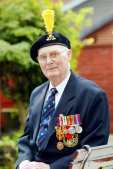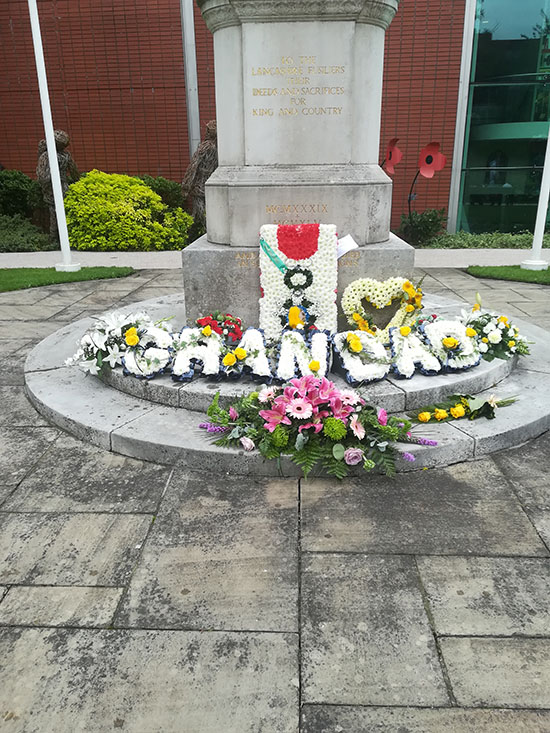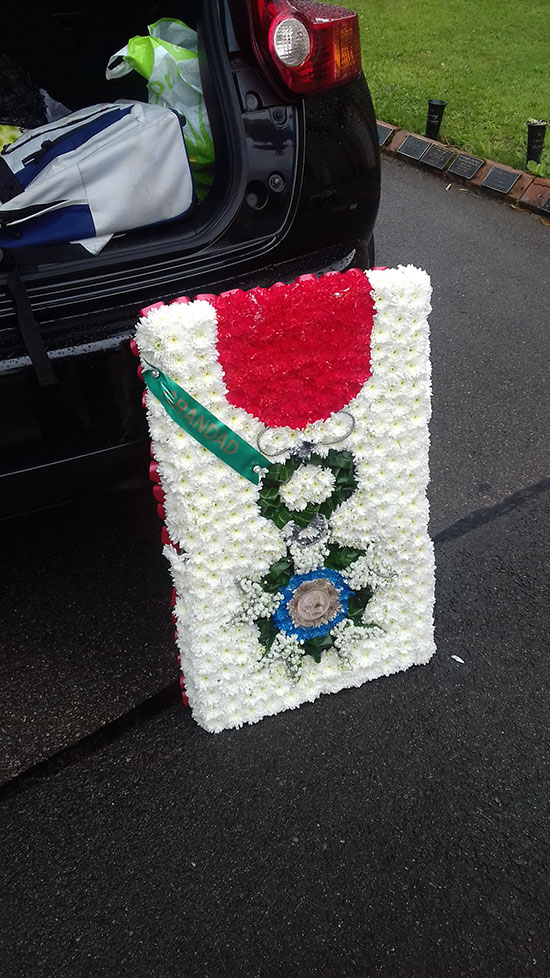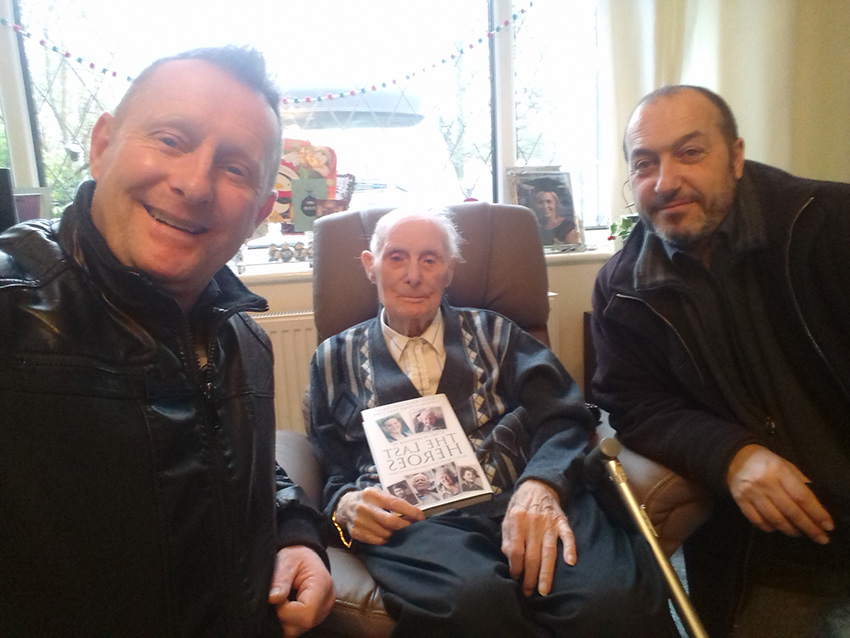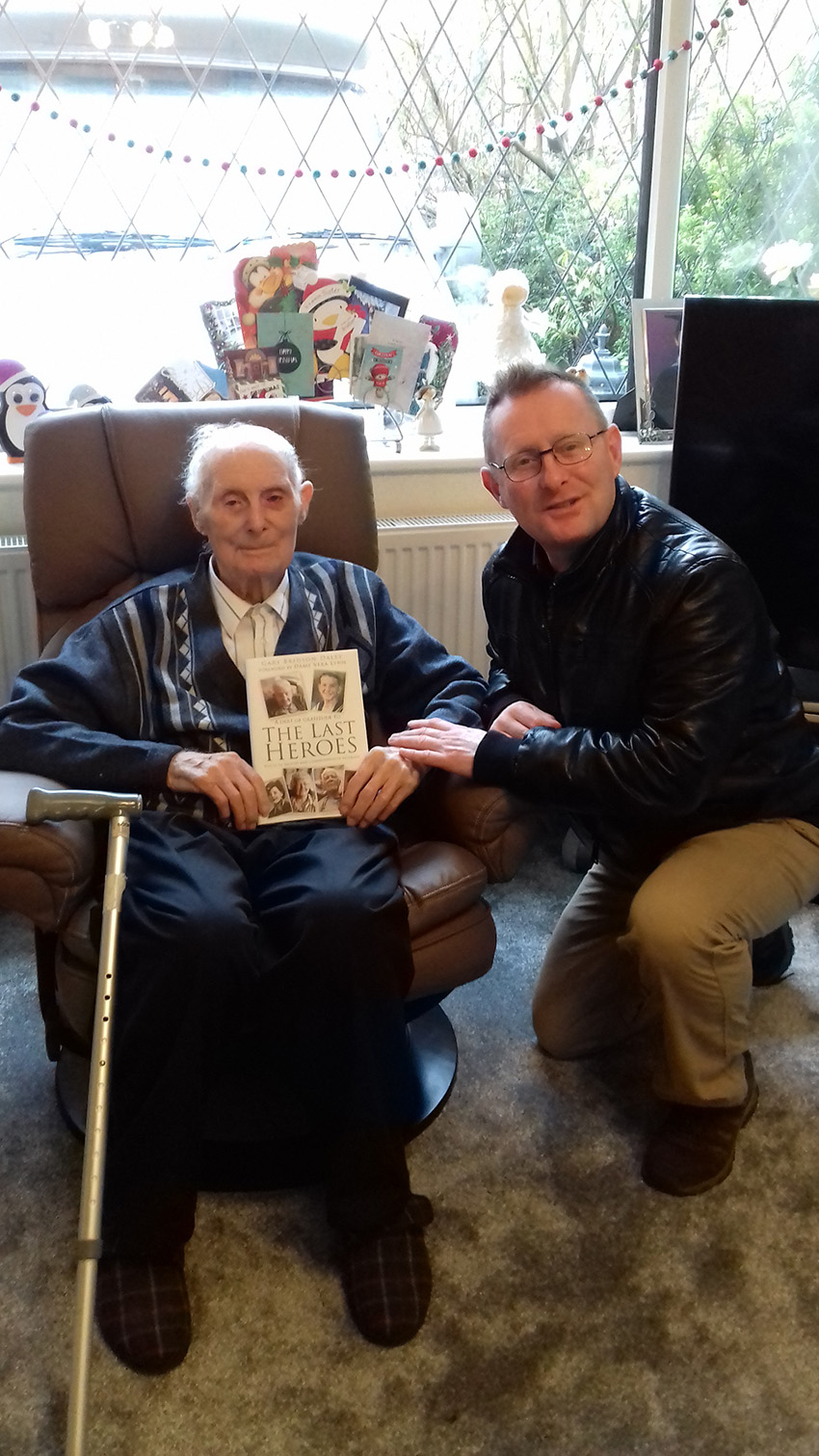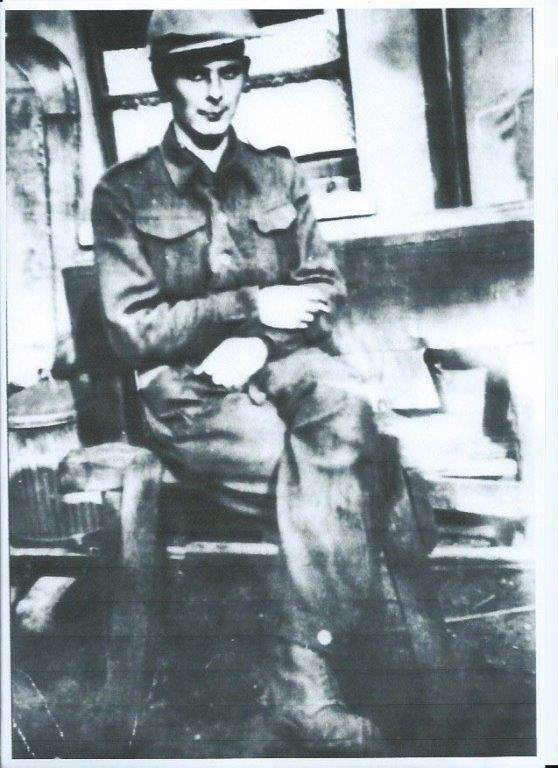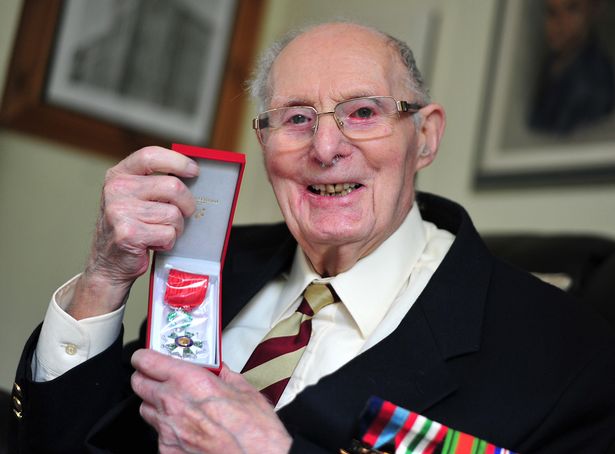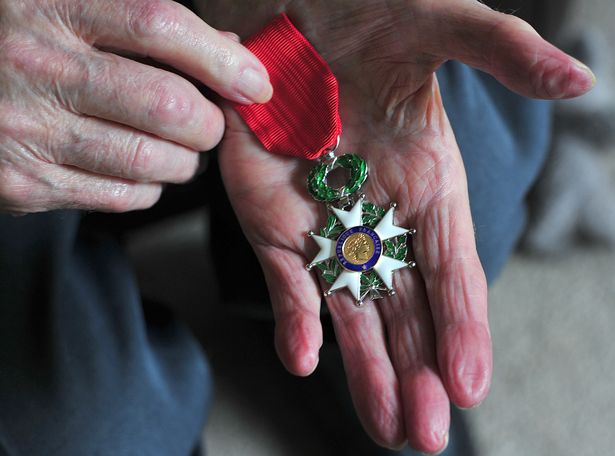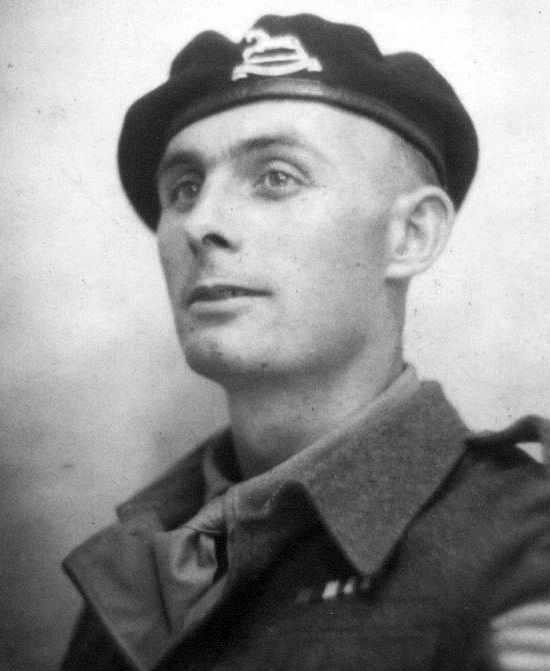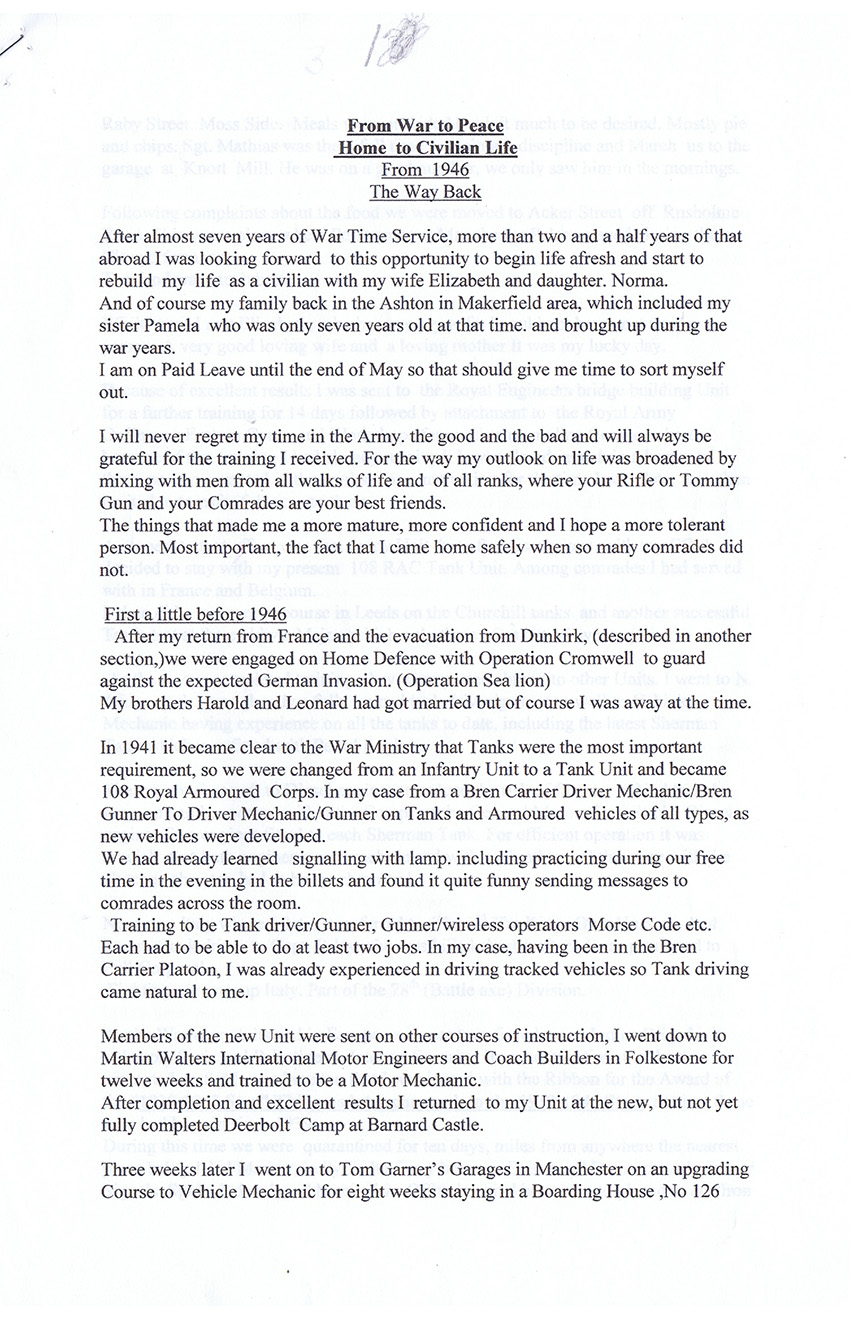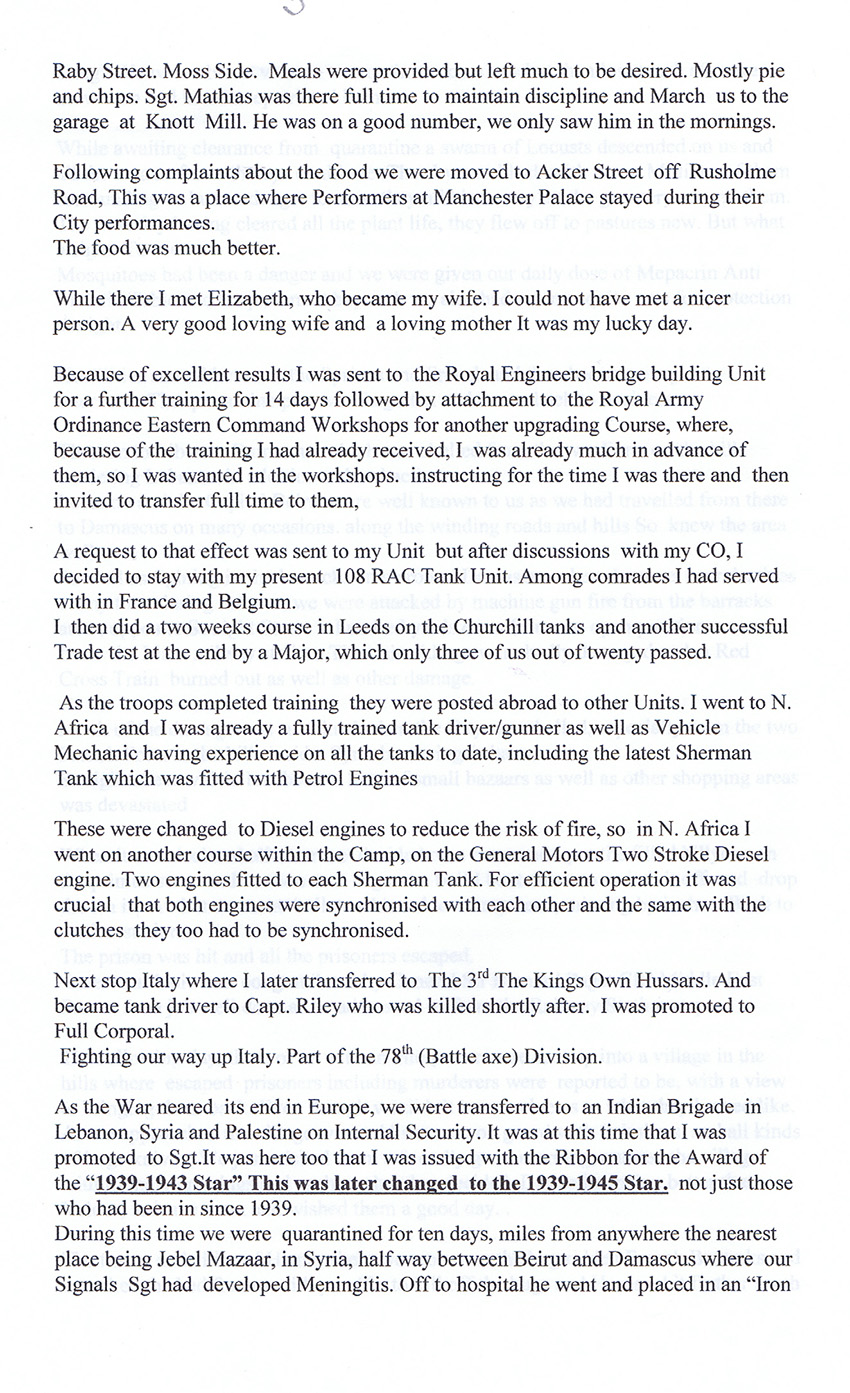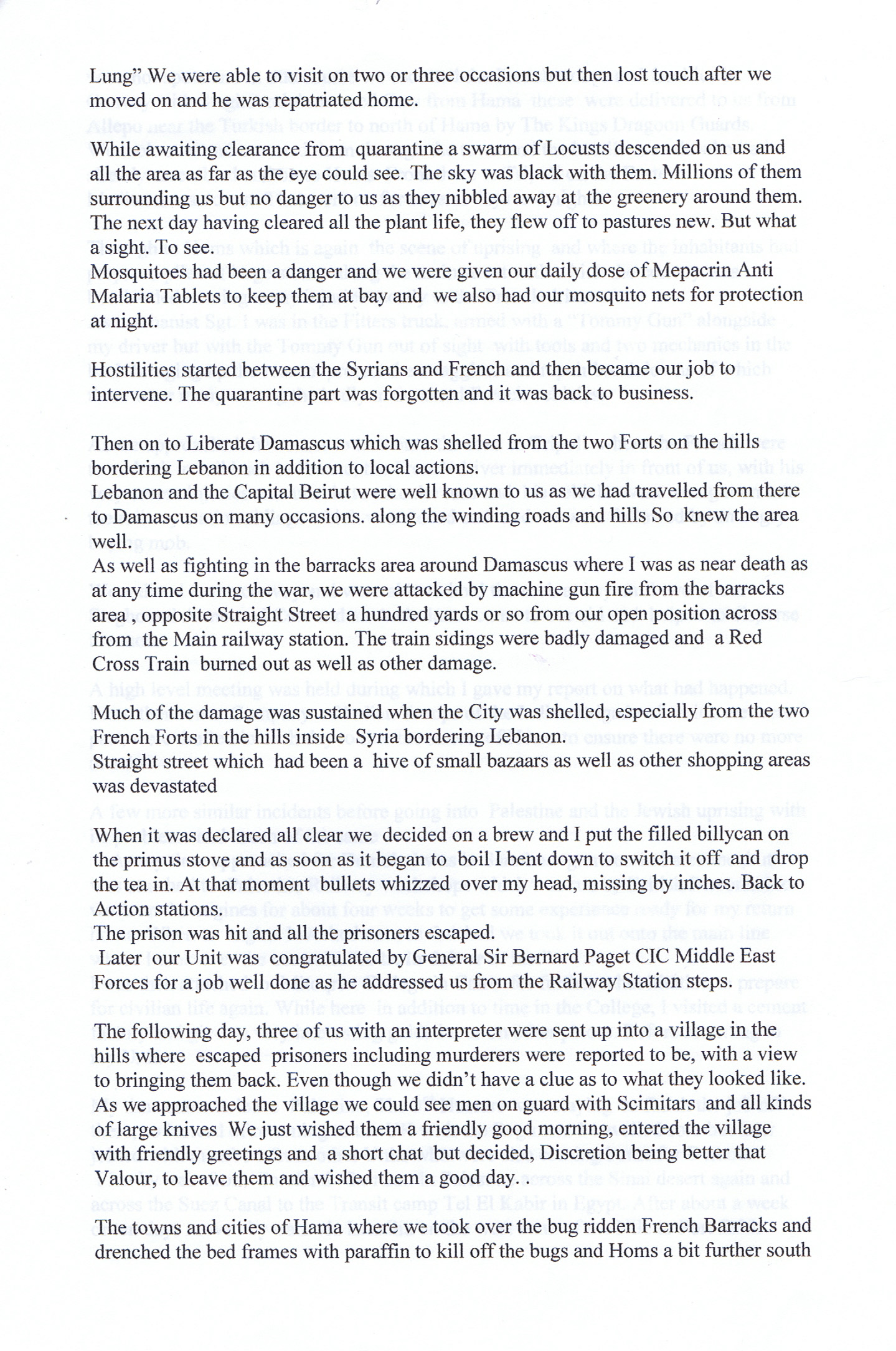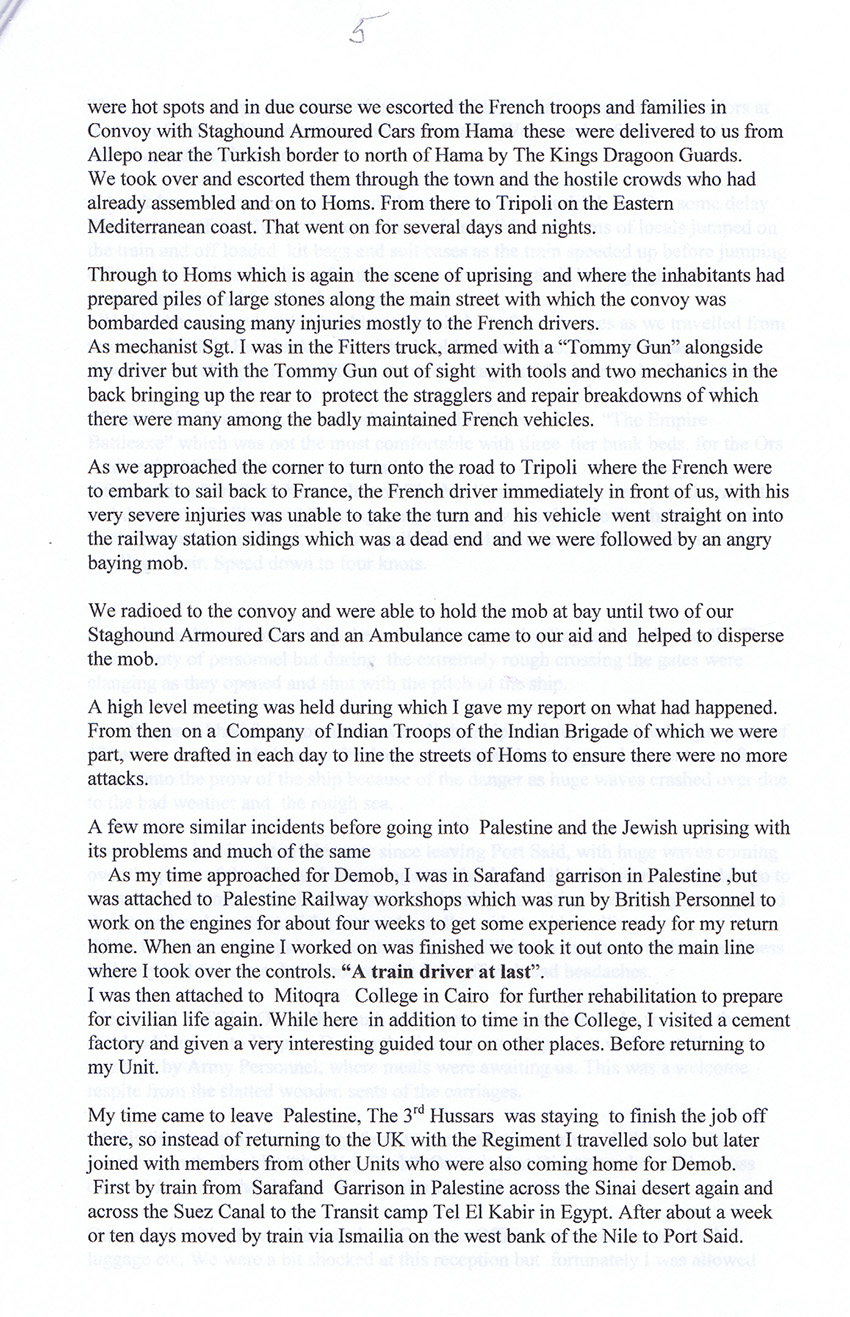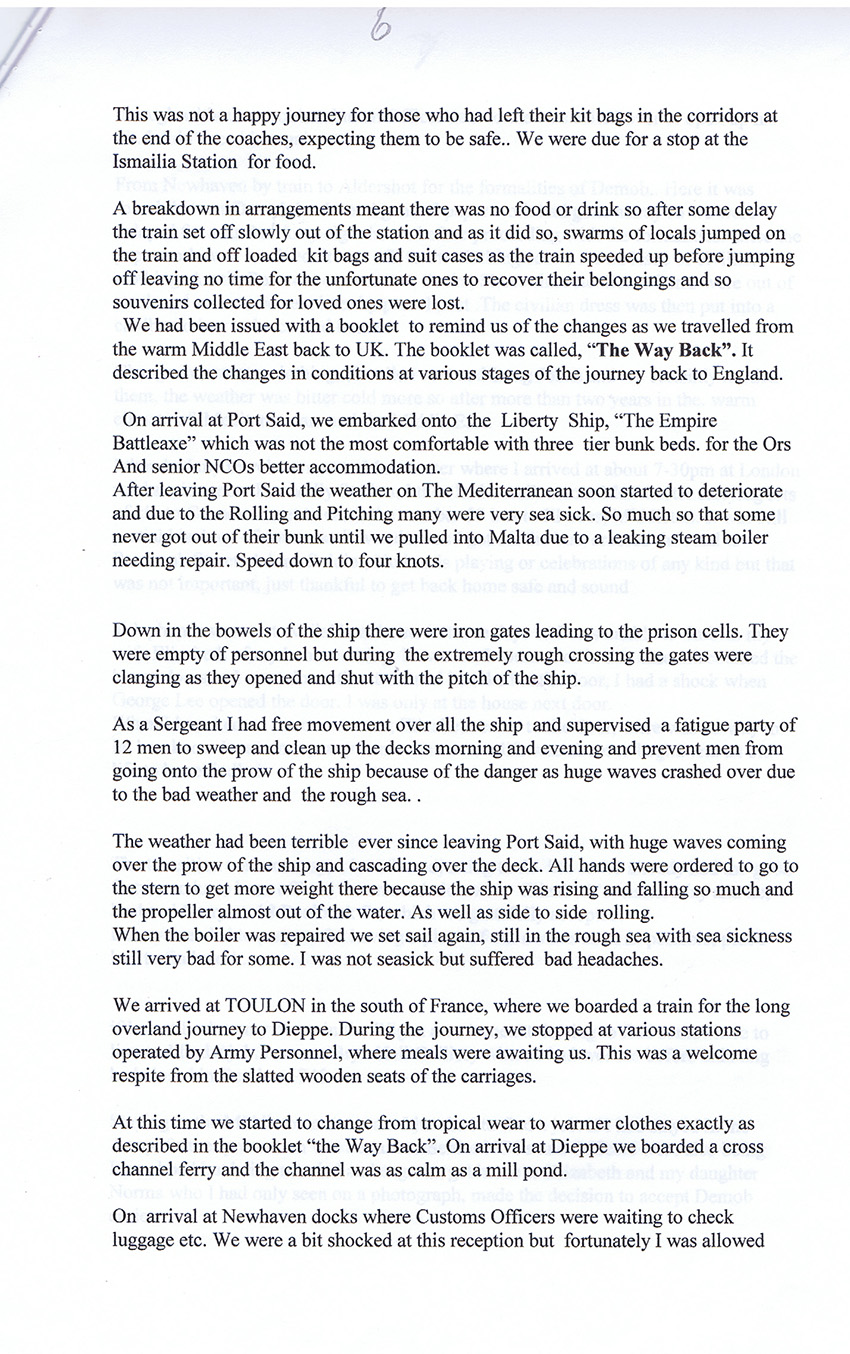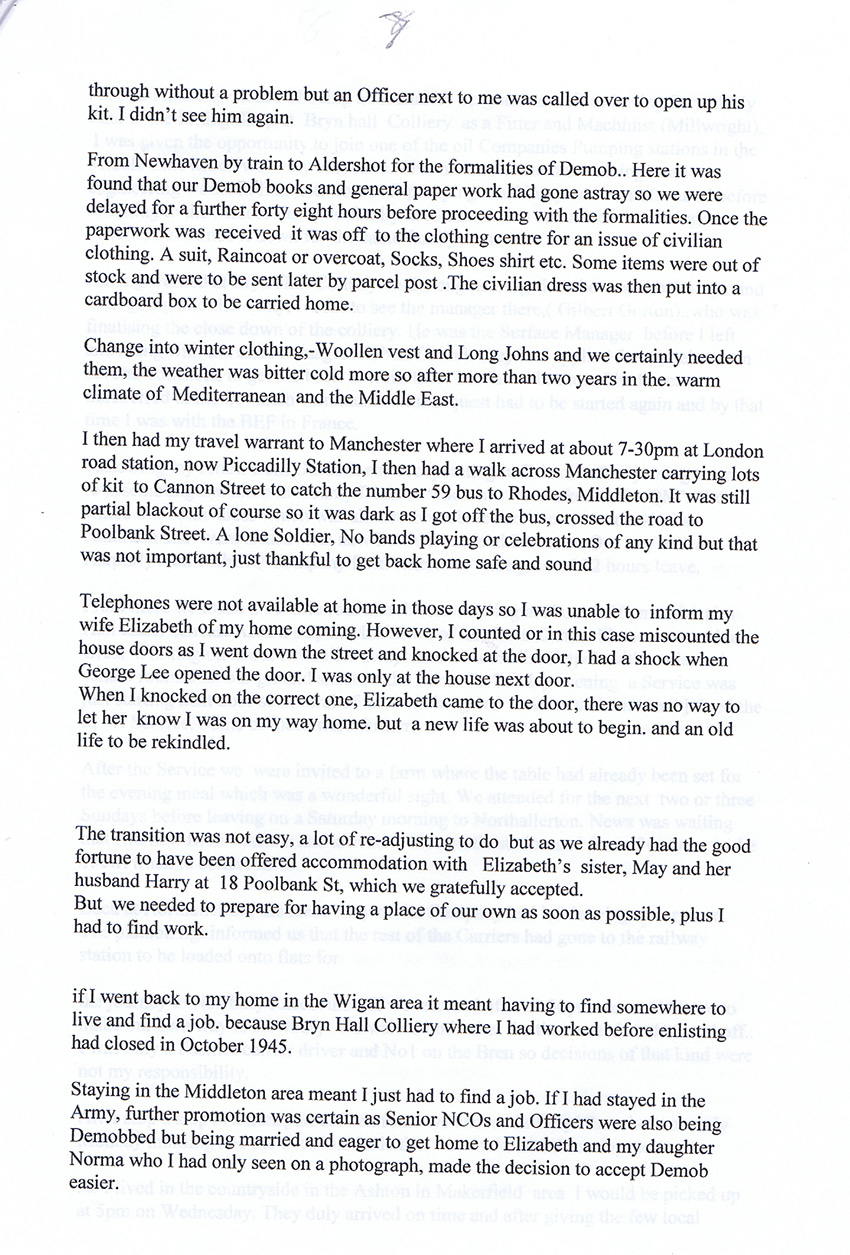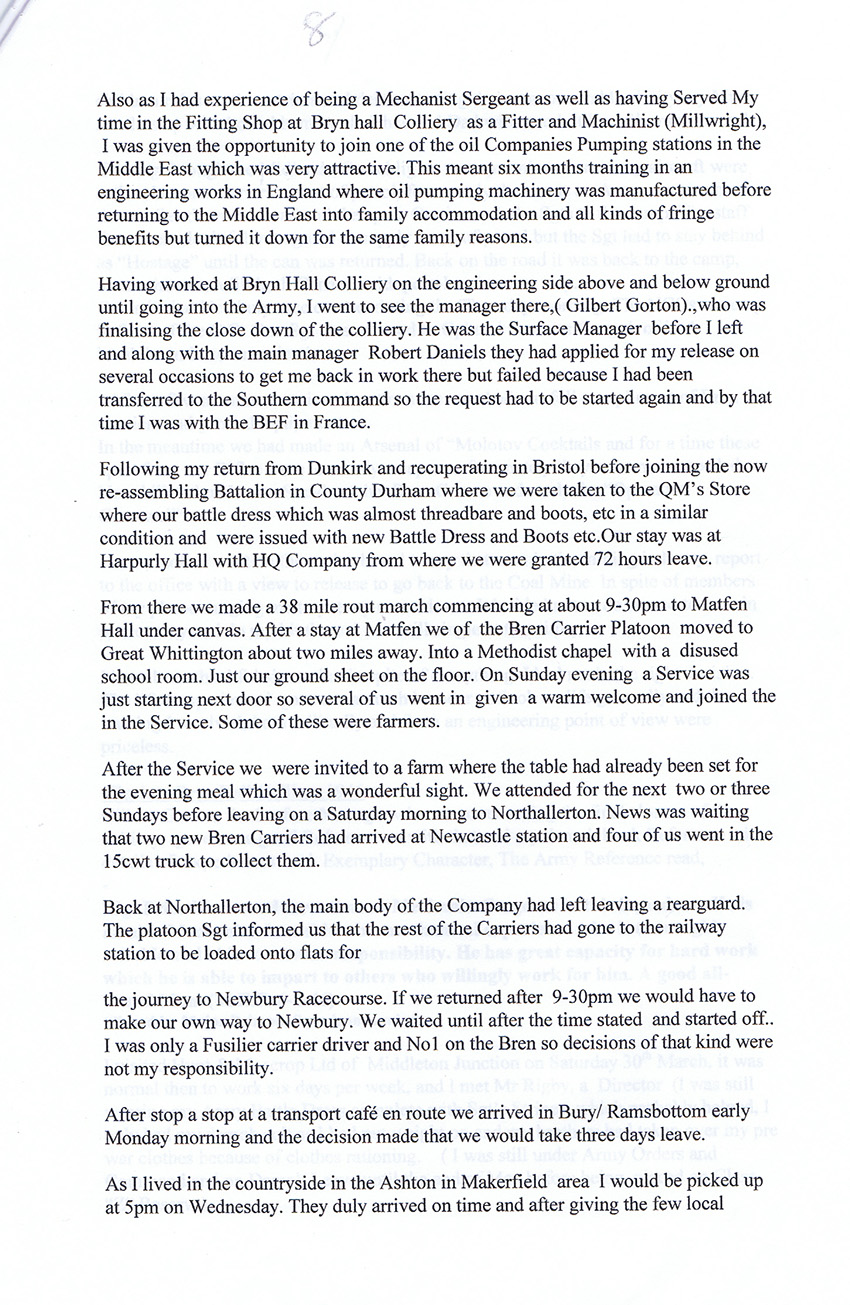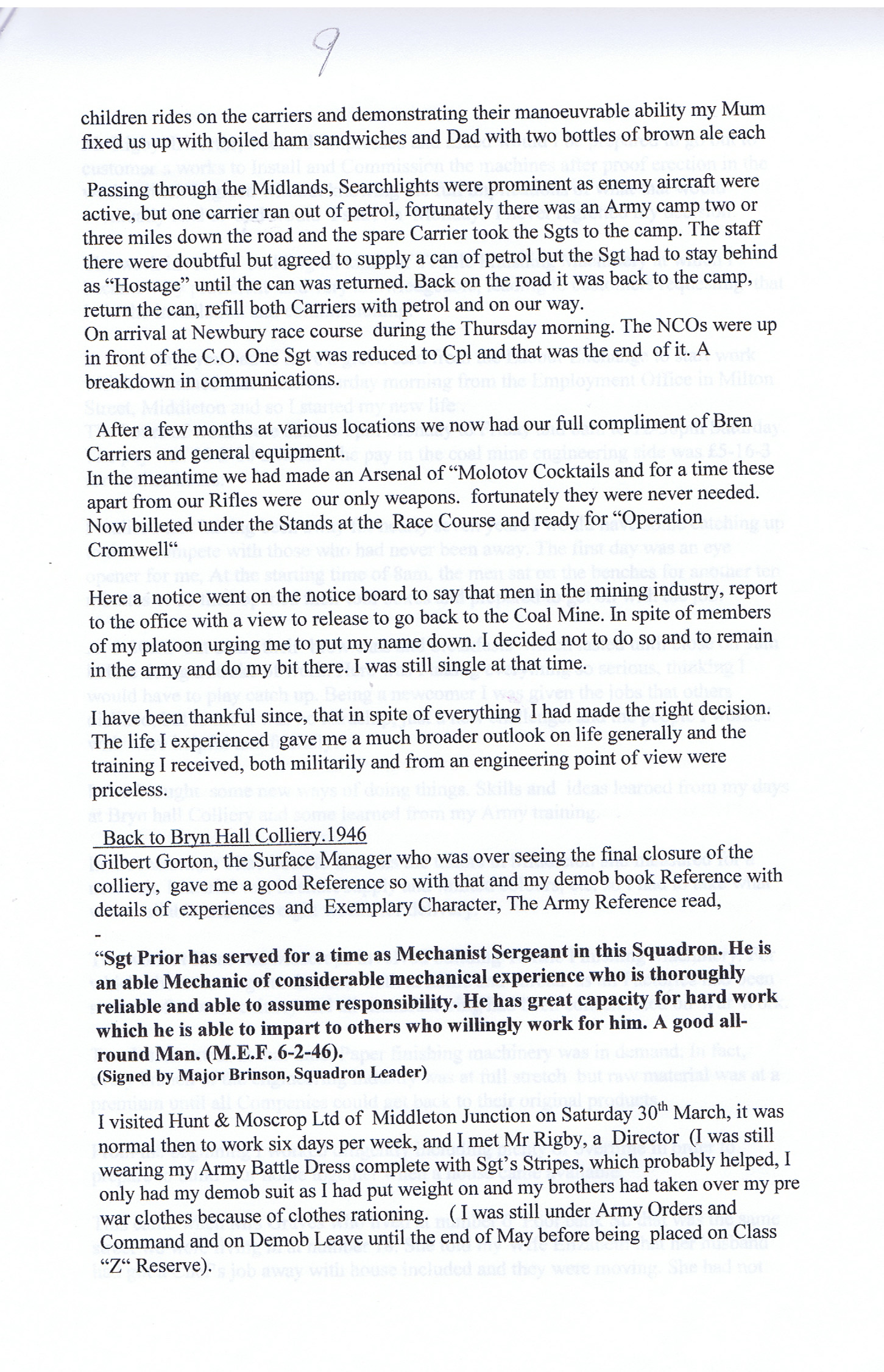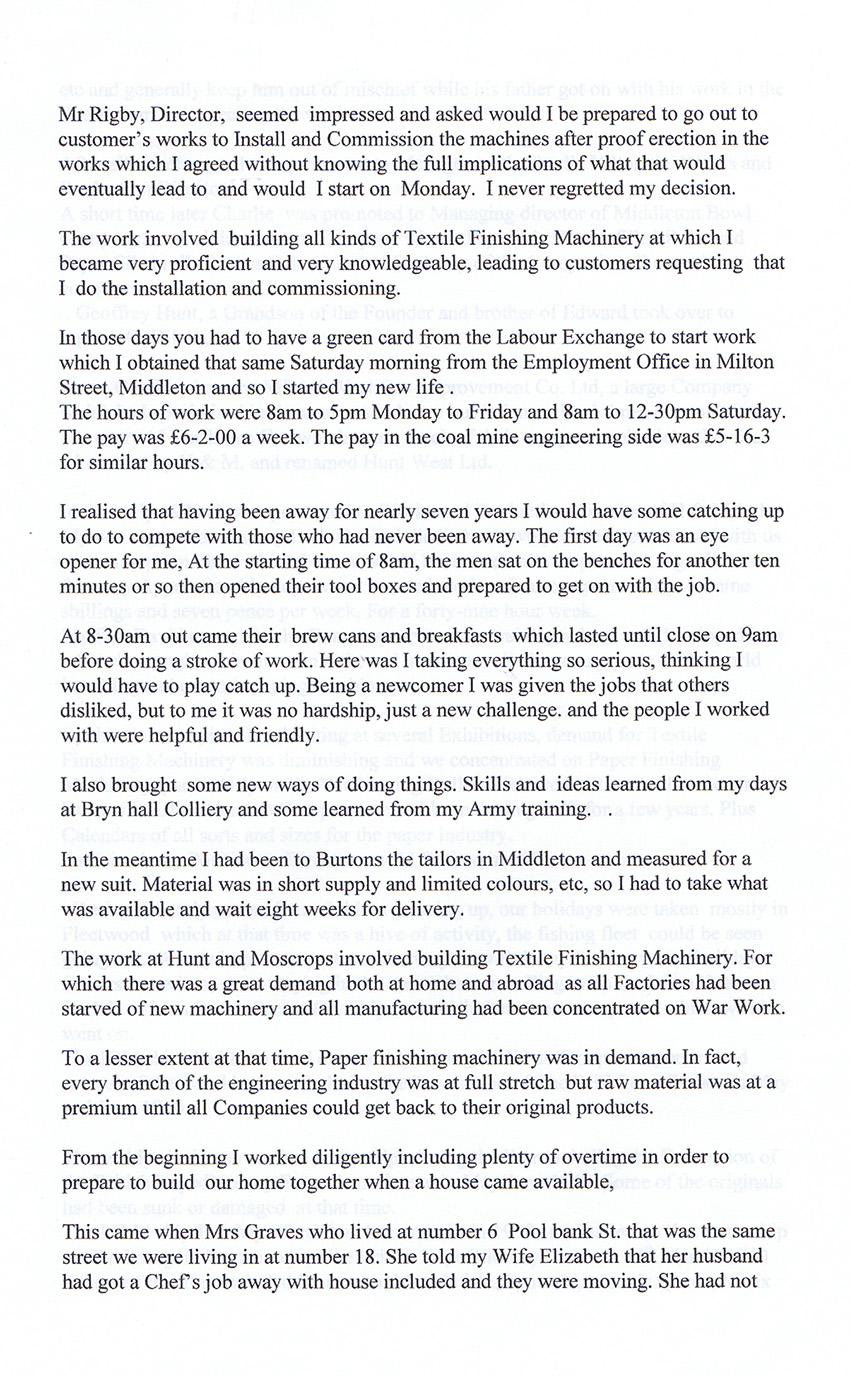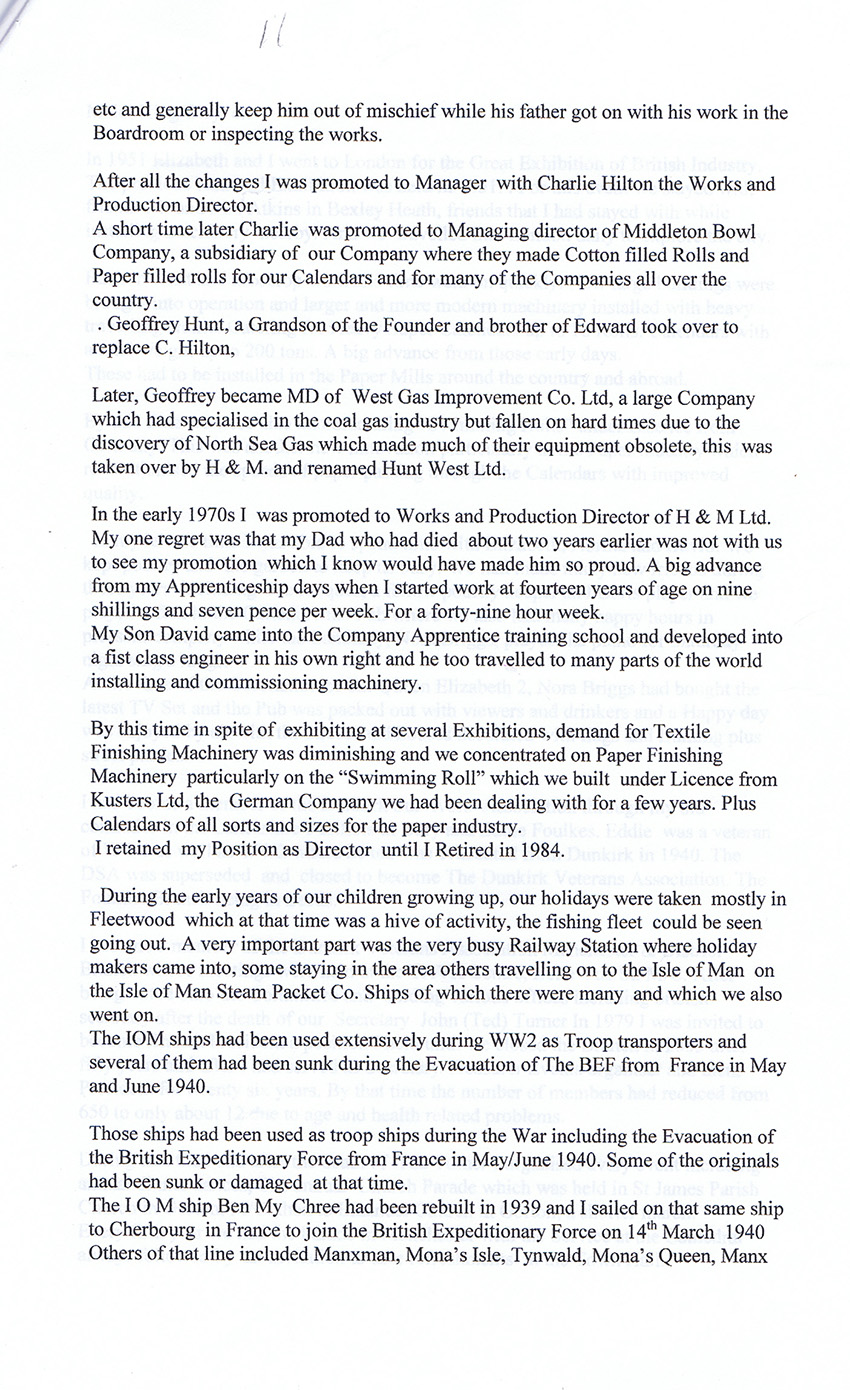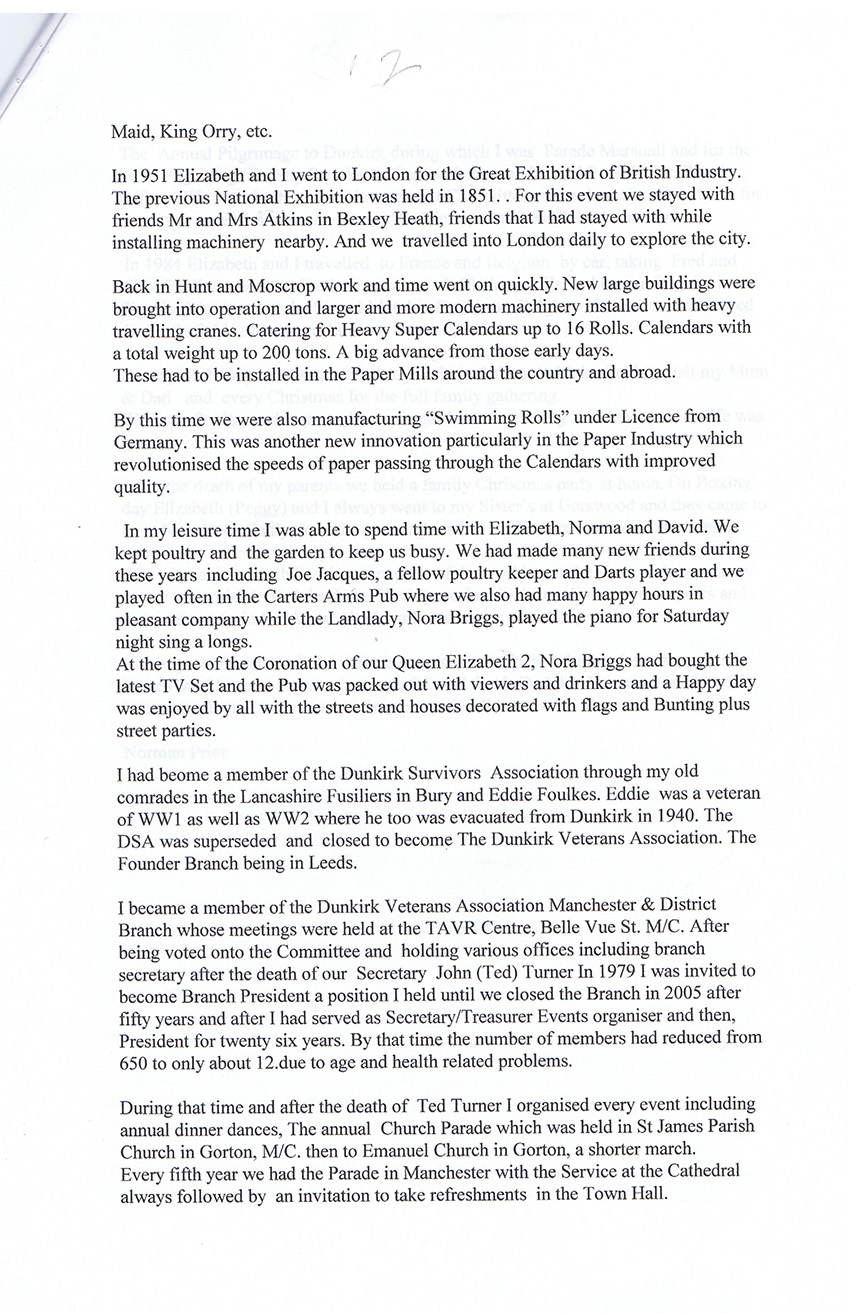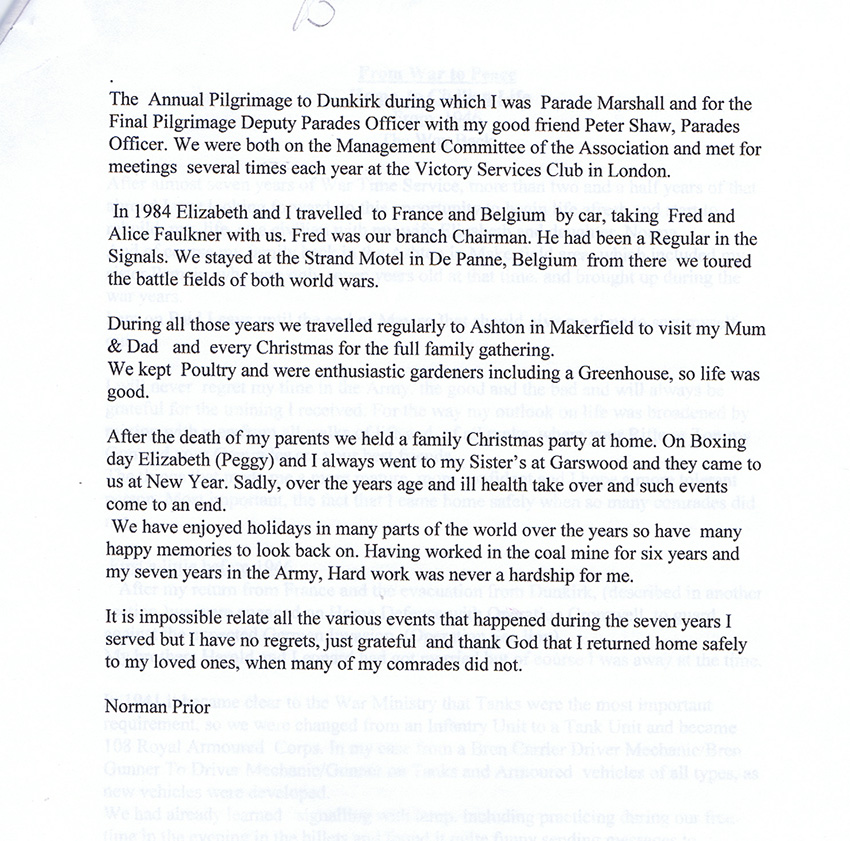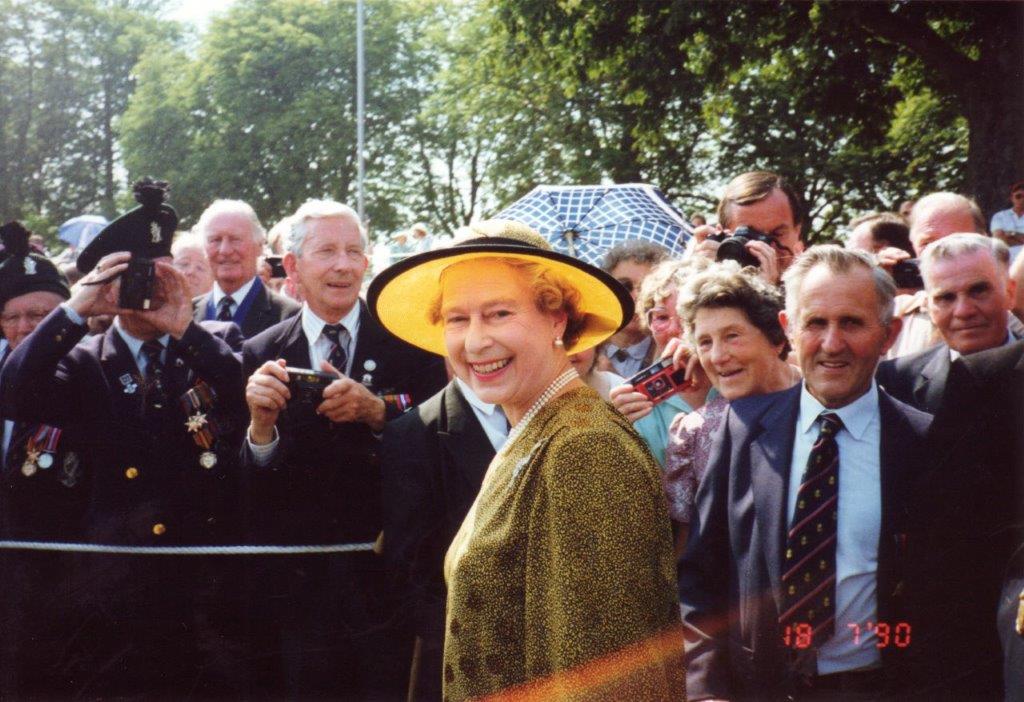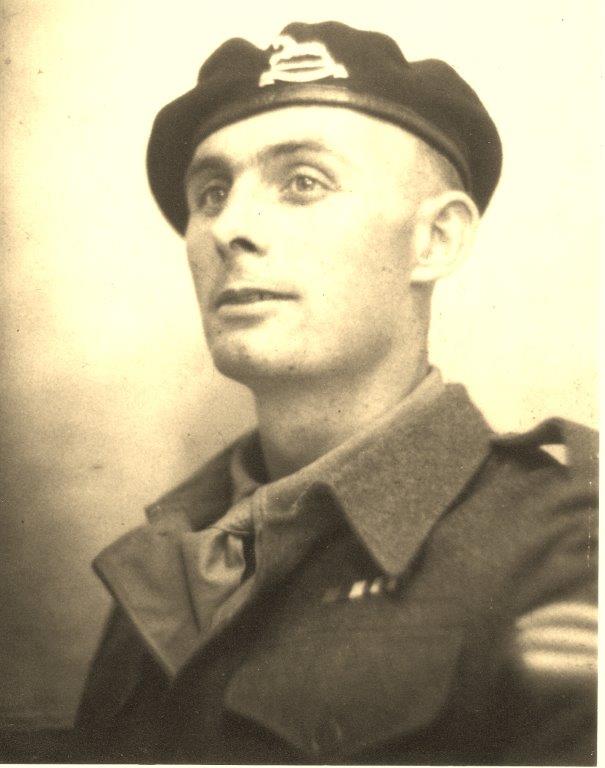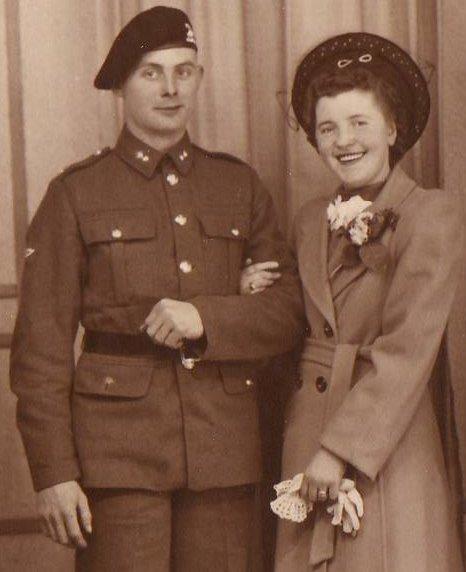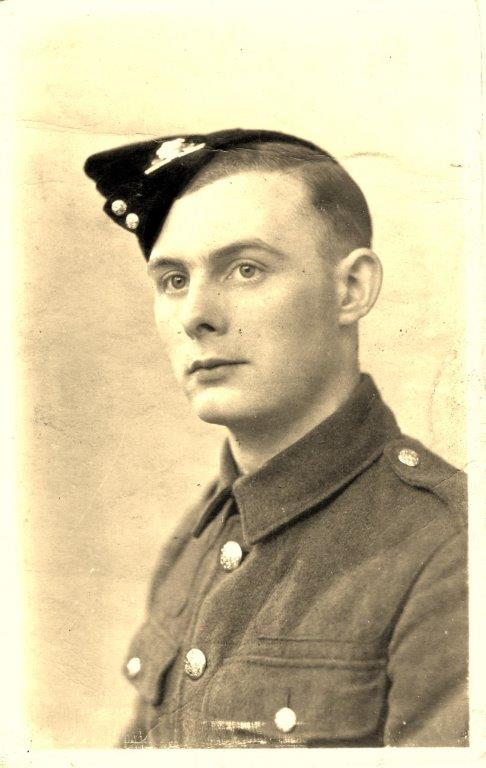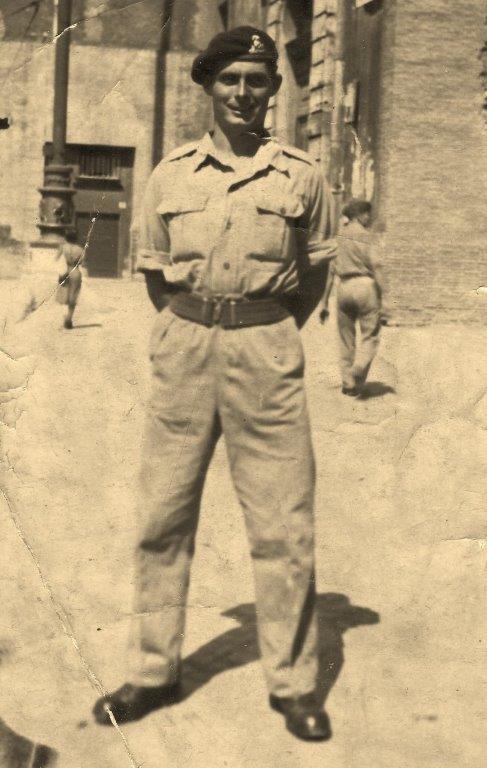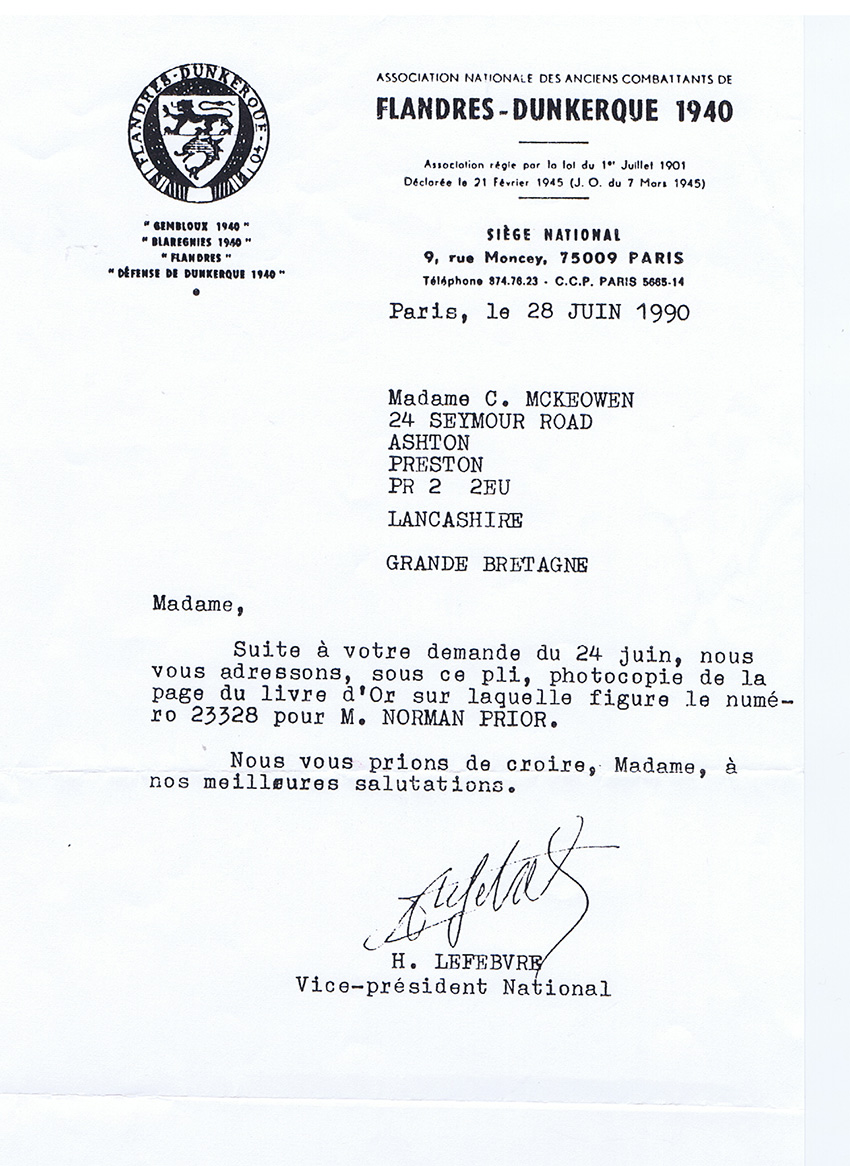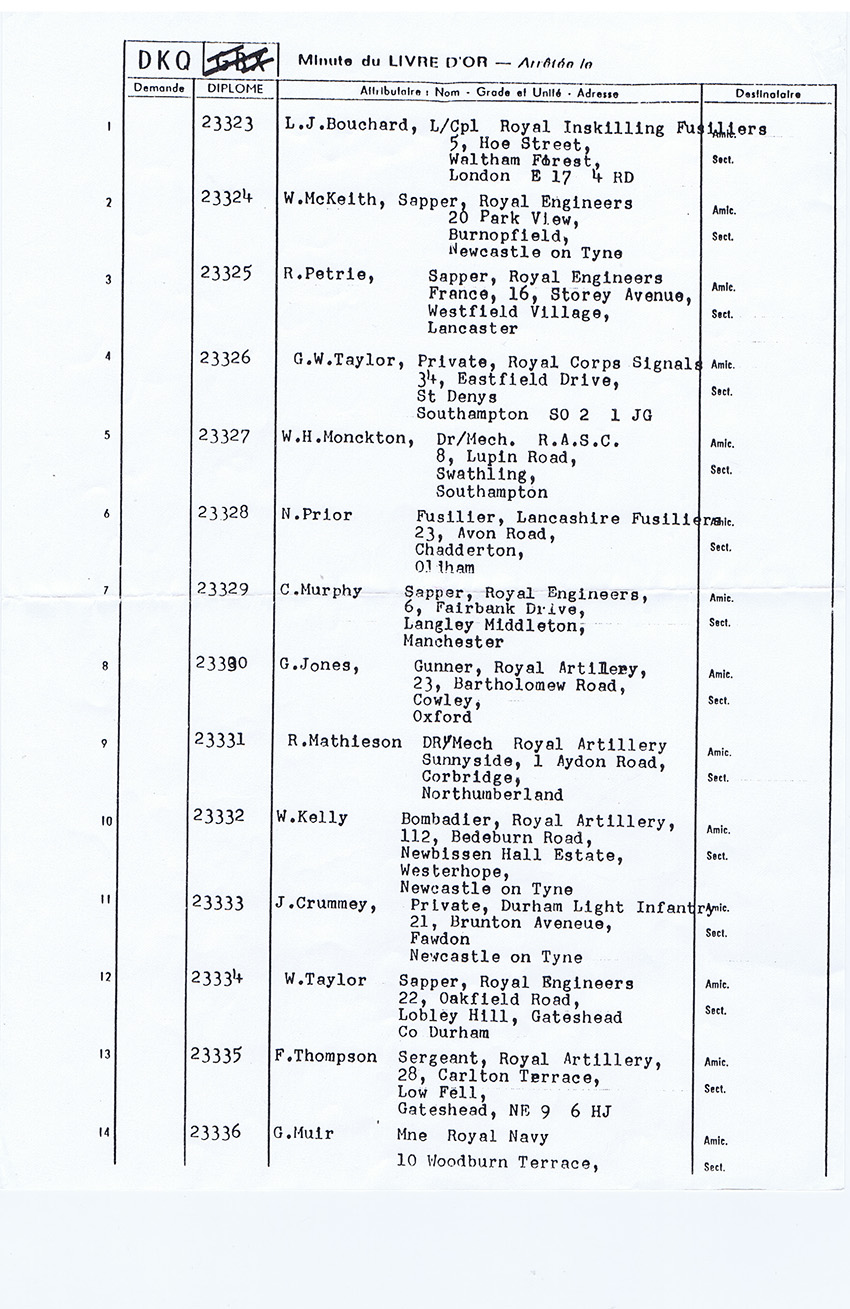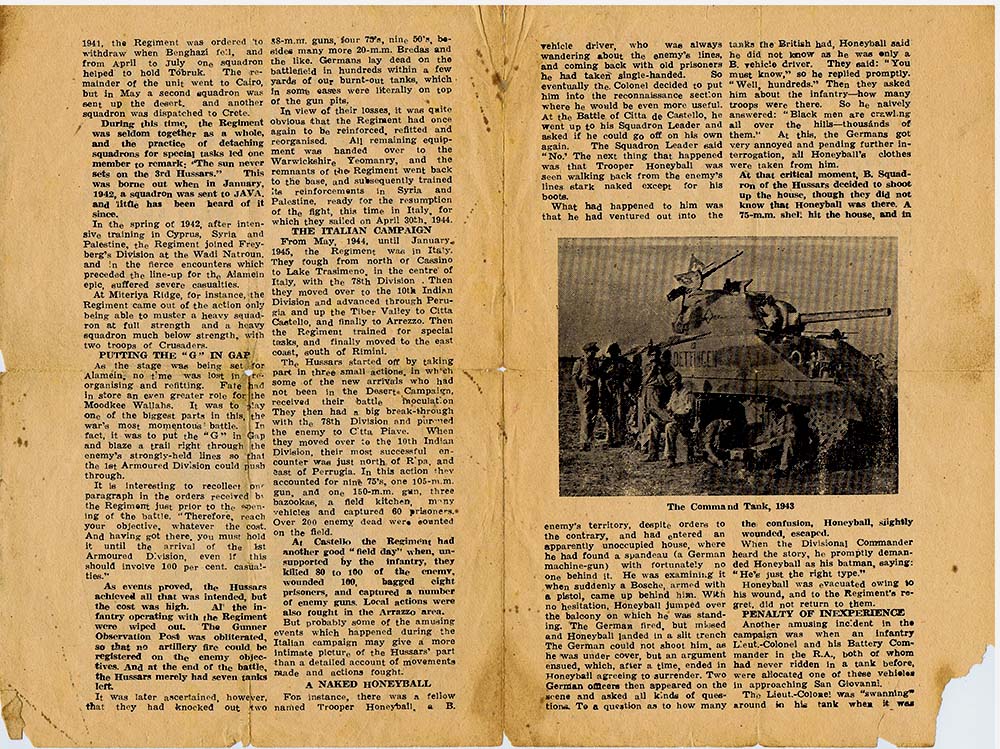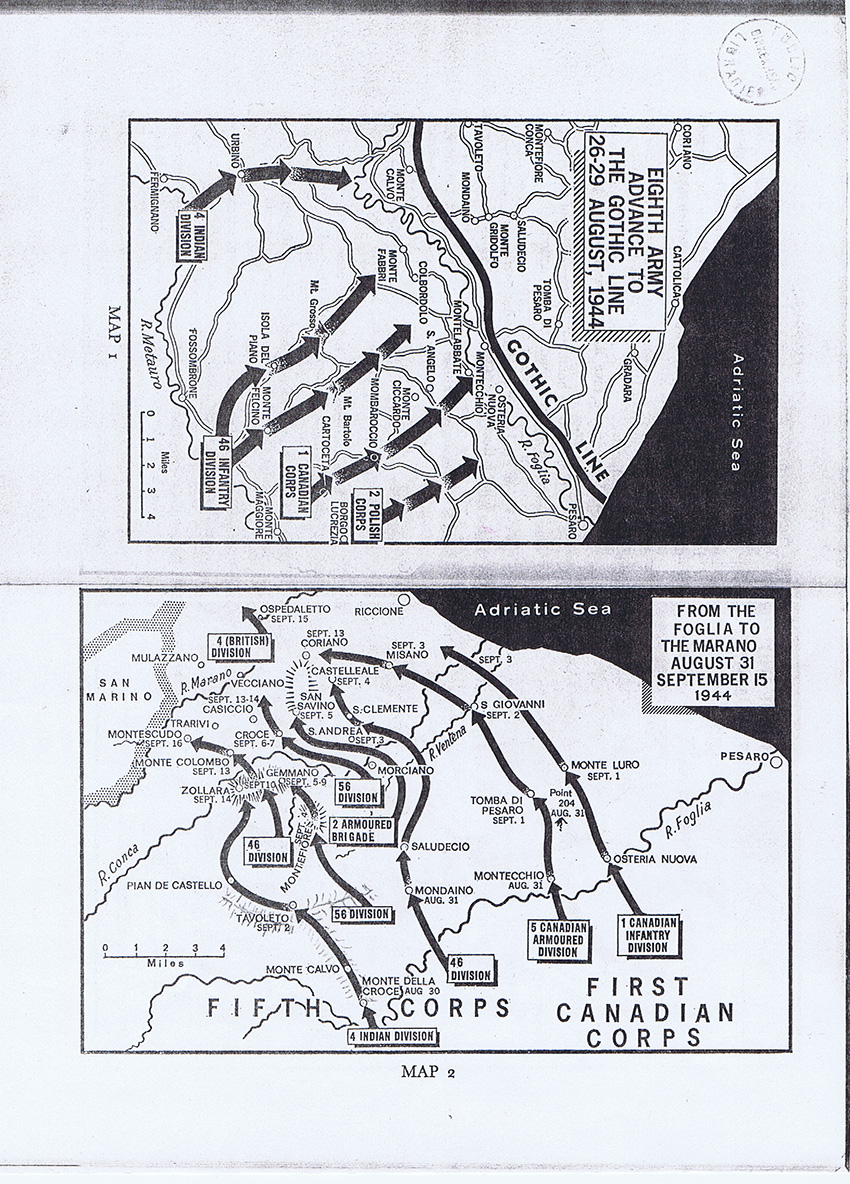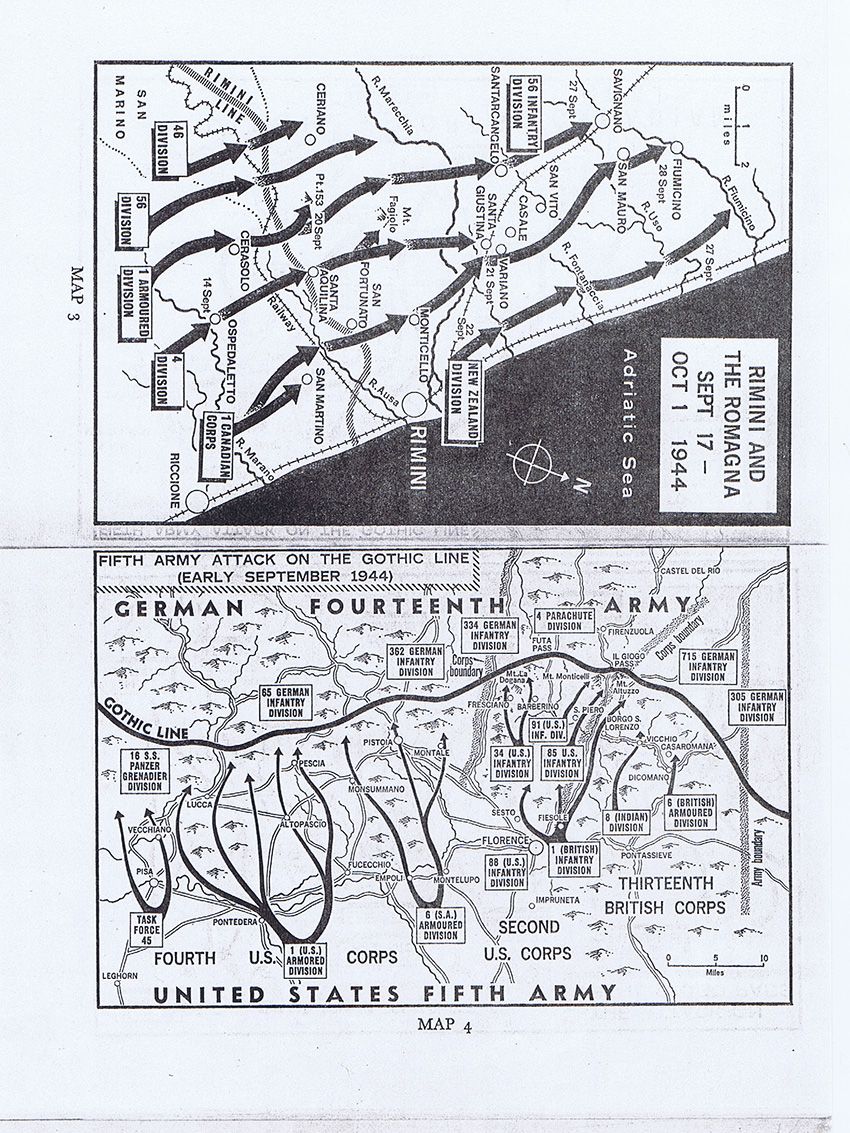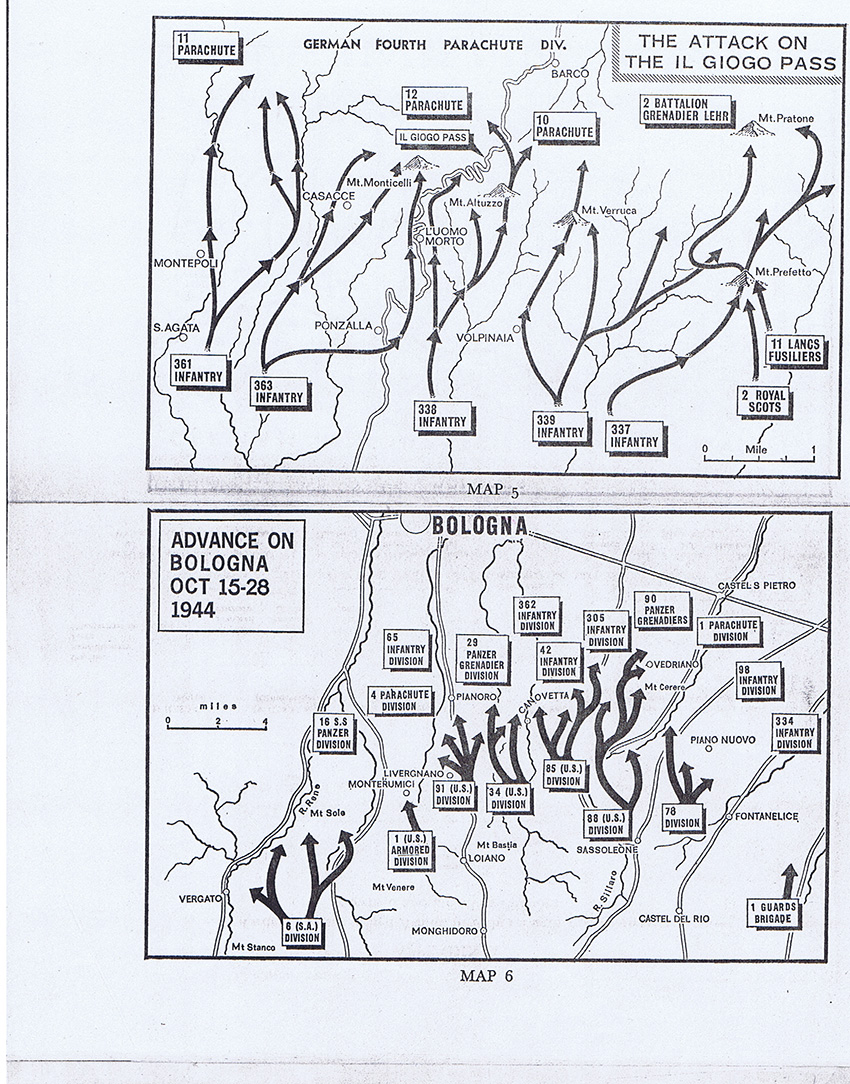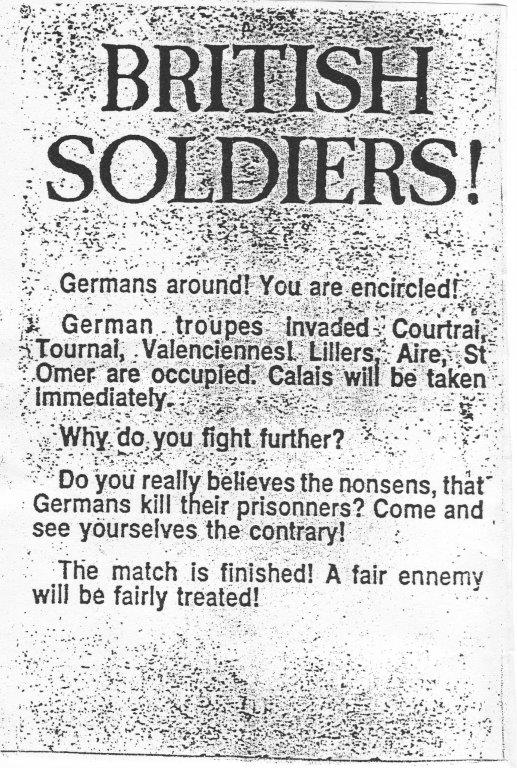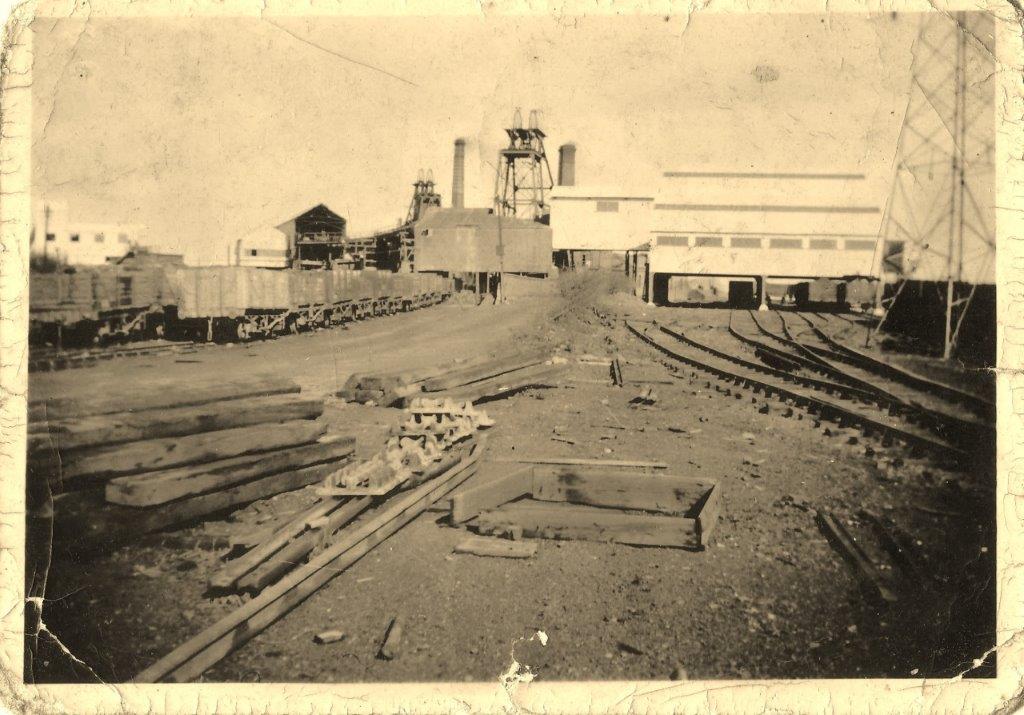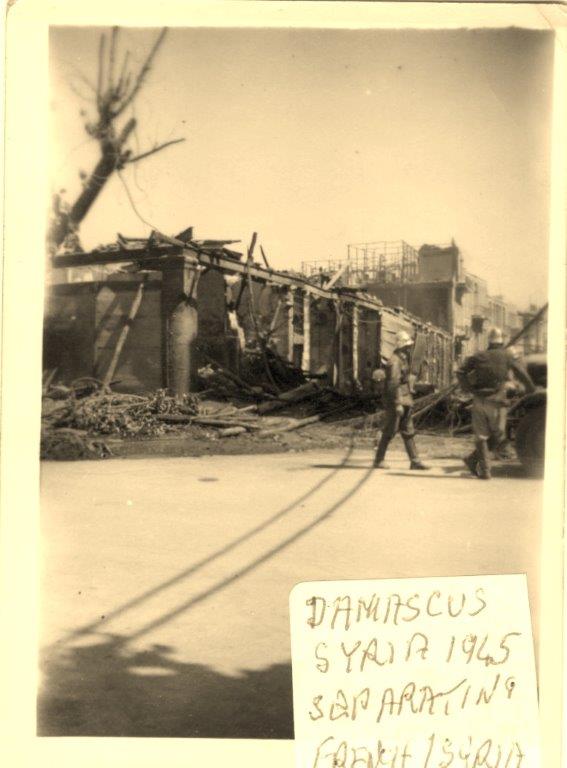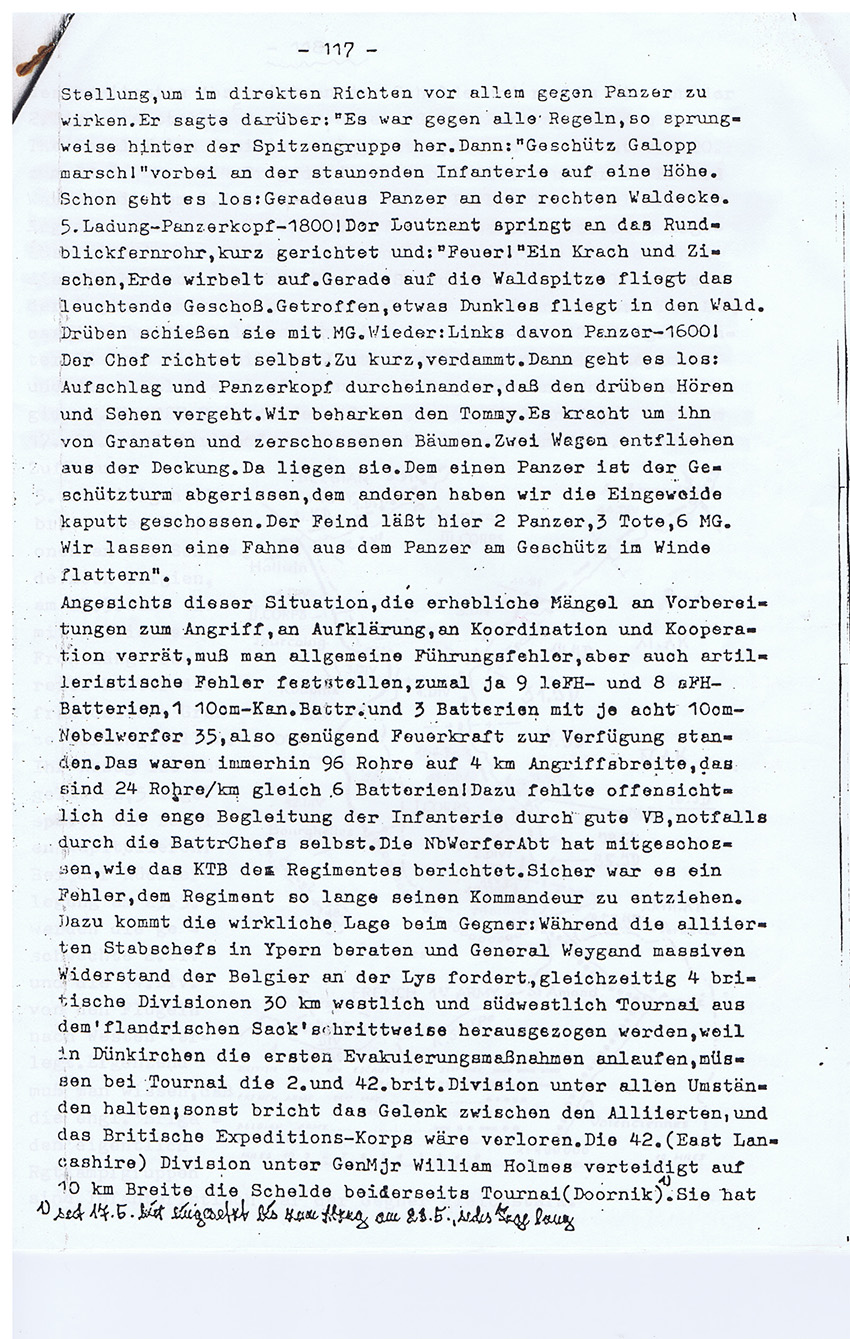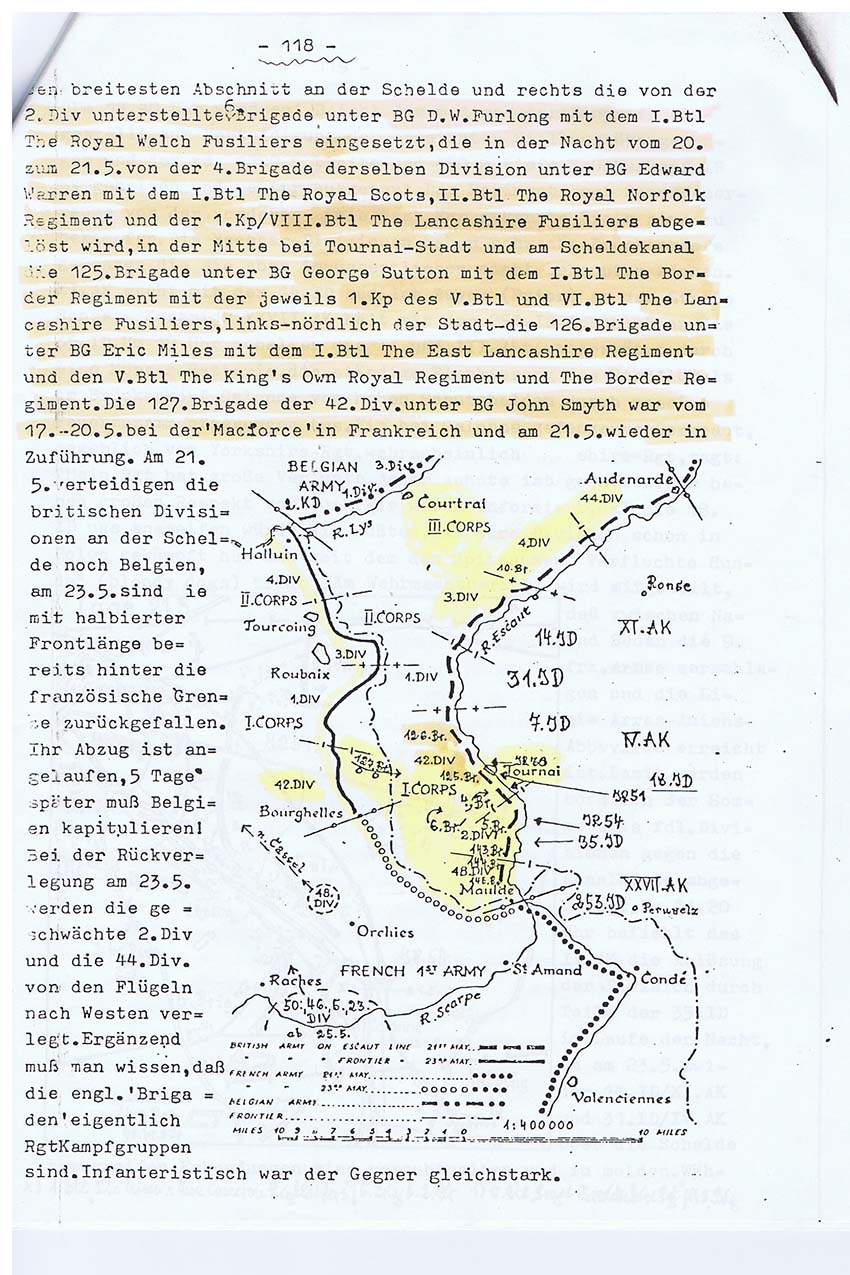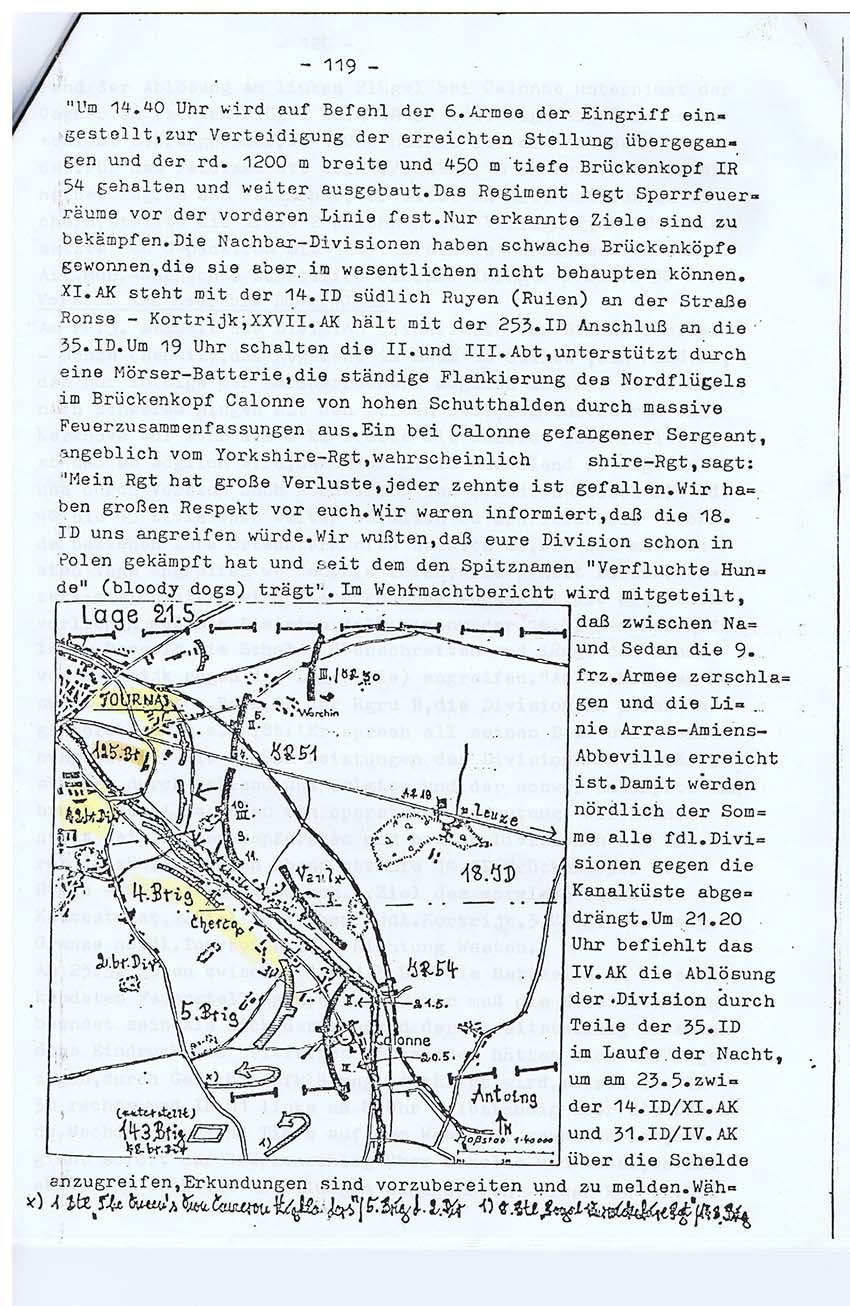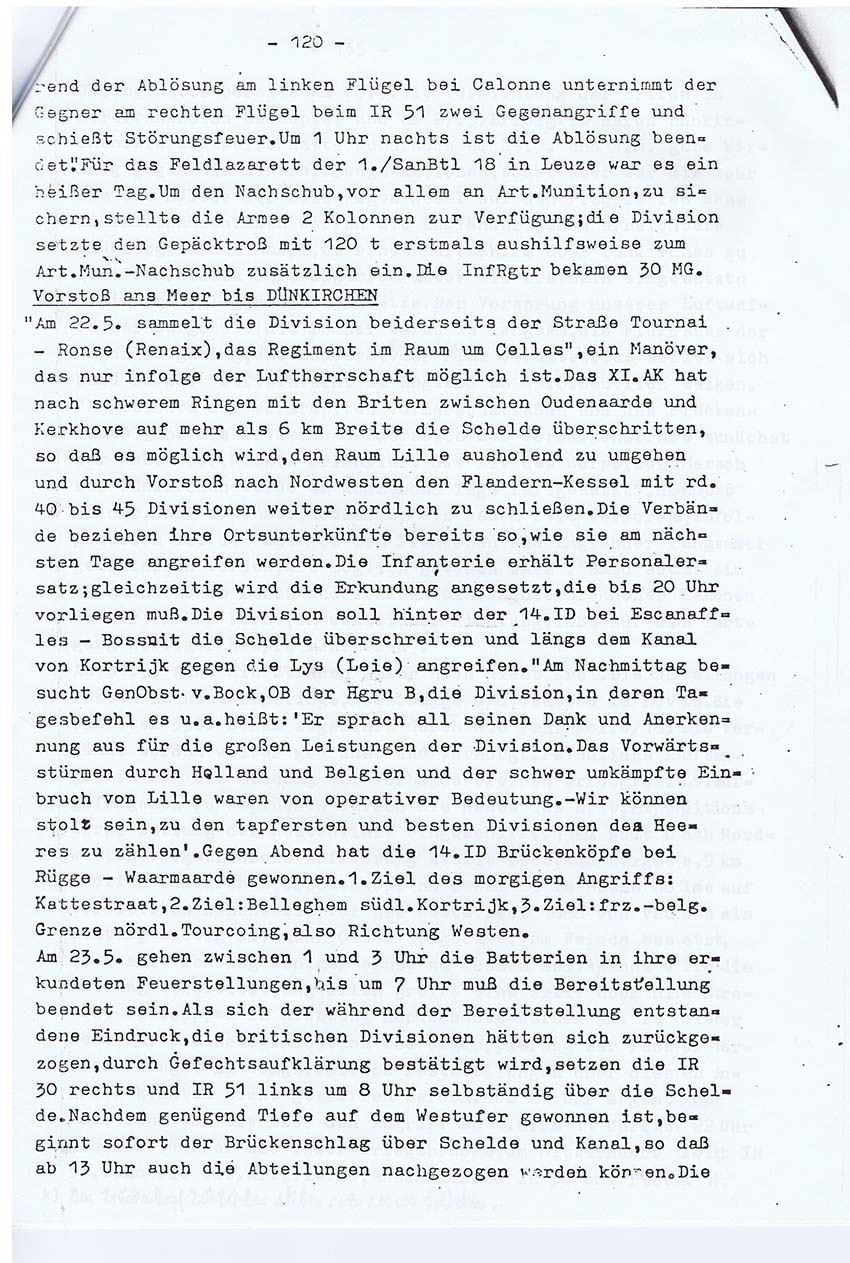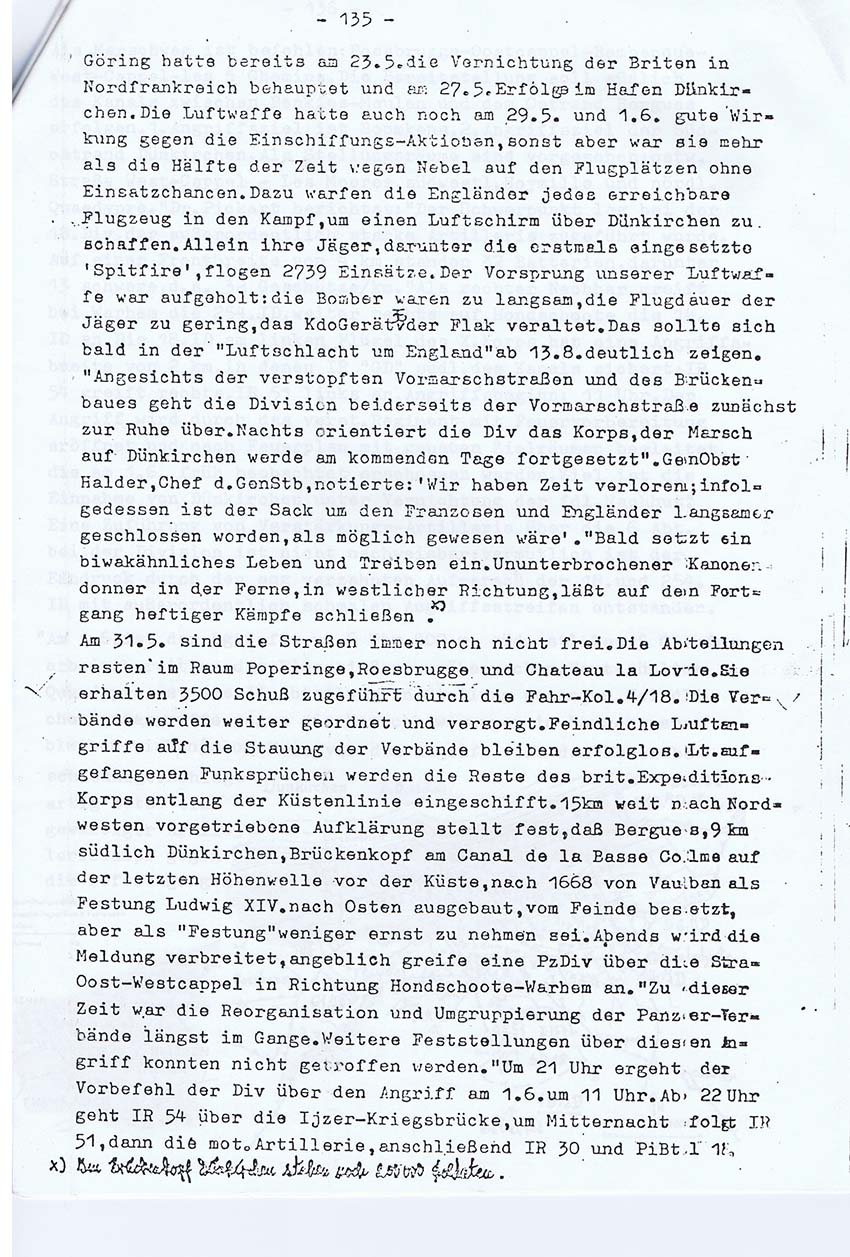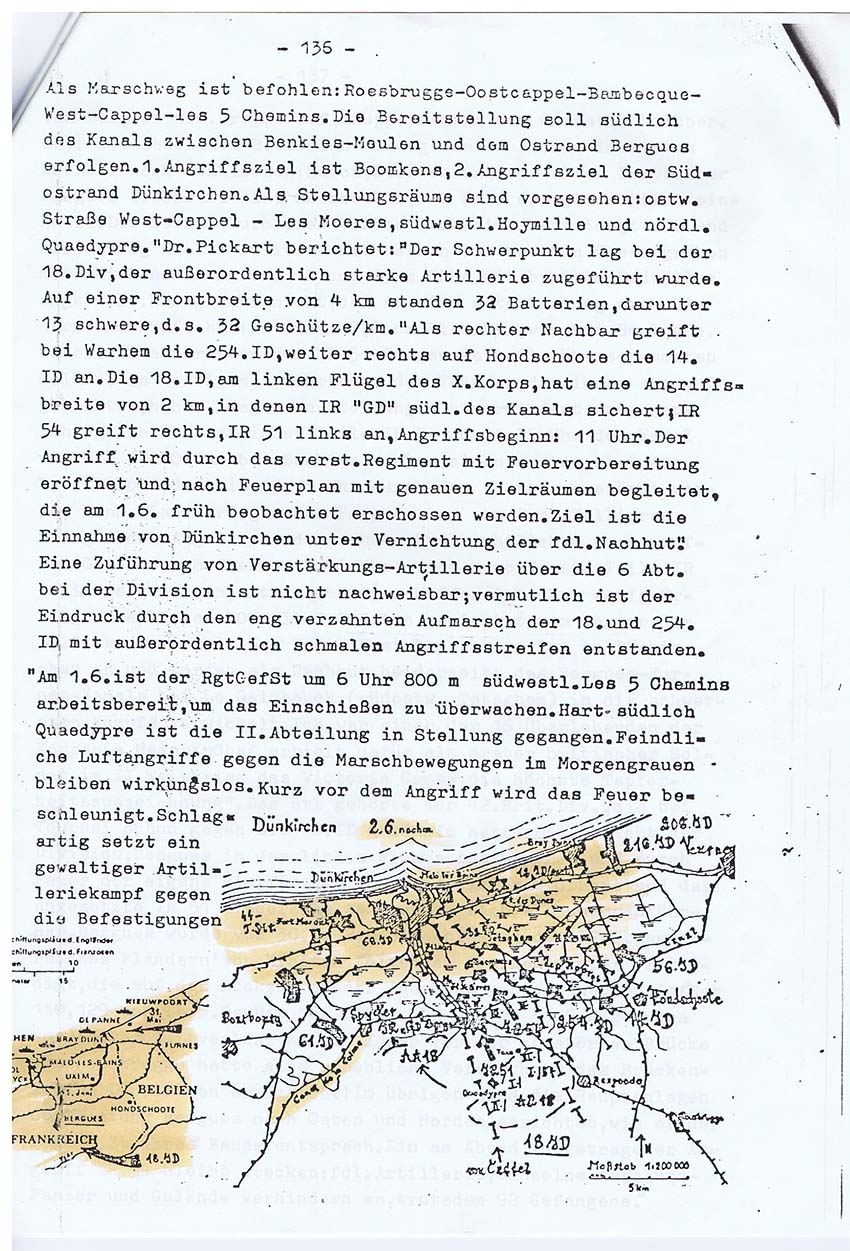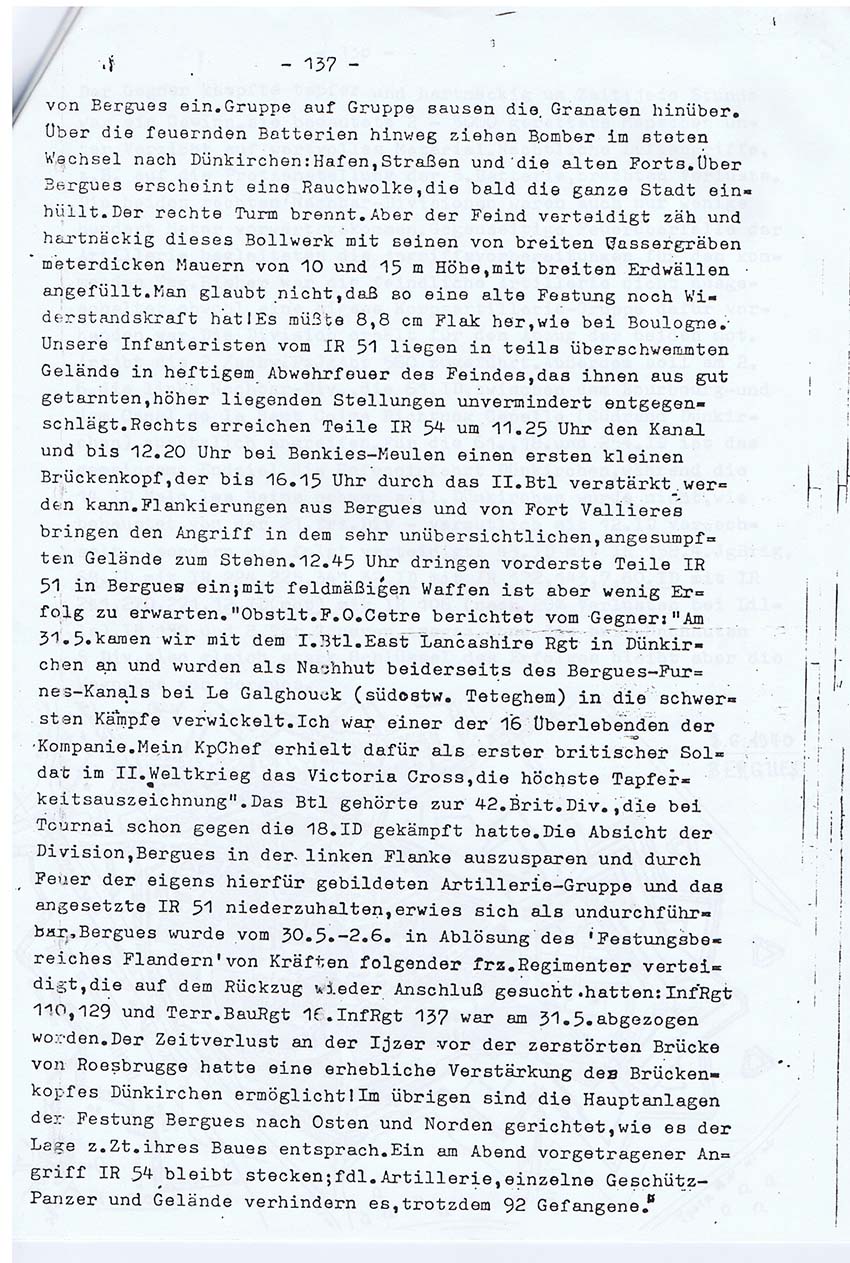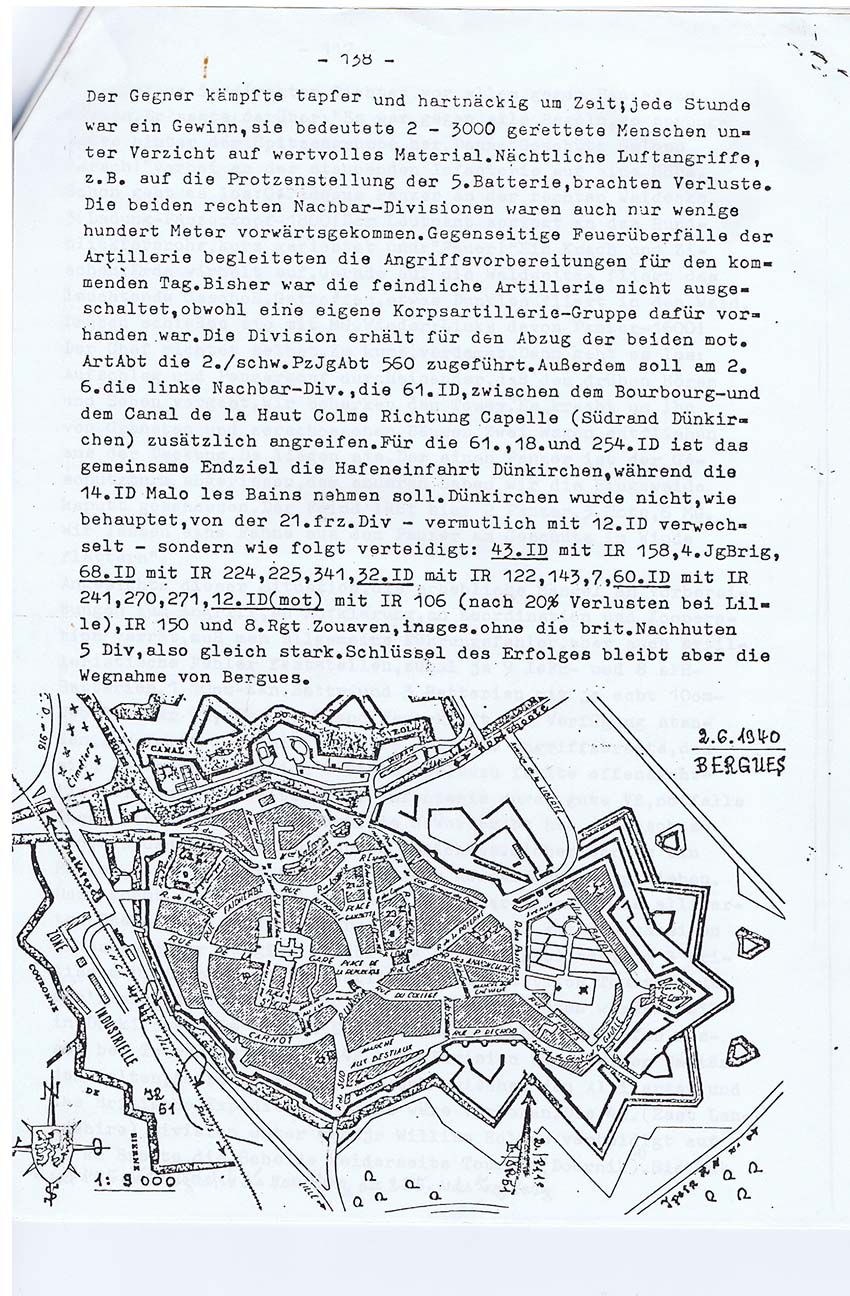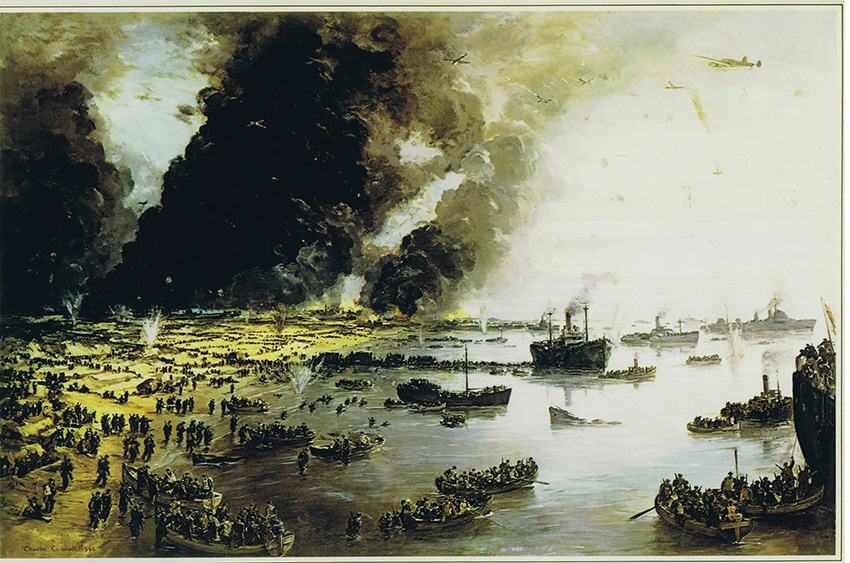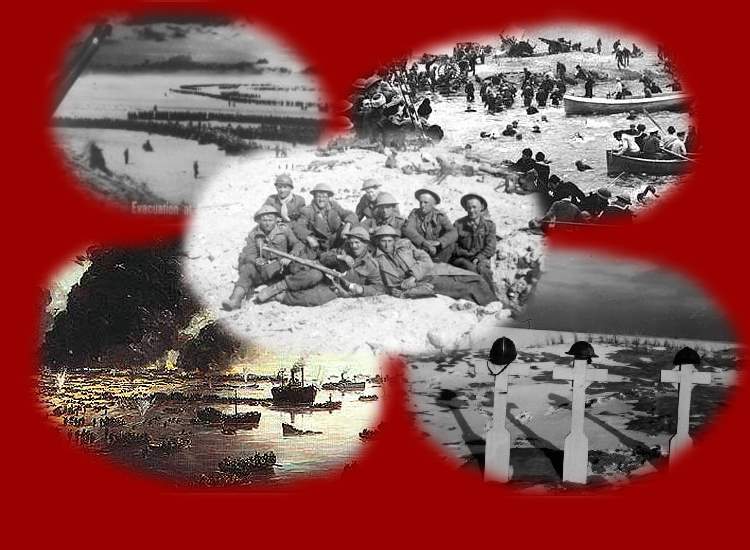Reflections
on The Past
It was said that during the years between
1930 and 1939, a man joined the Regular Army because he was considered
to be a complete drop-out from Society.
This is far from the truth however, because
first of all you must remember that during these years, there were no
DHSS Handouts as we know them today, and with unemployment in the order
of 30% of the working population, most of the workers were trying to
exist on some 10 shillings a week, in terms of today's value this would
be 50 pence.
You have only to look at the living conditions
being experienced by the Welsh Miners and the workers in heavy industries
of the North during these years to understand the squalid conditions
in which they were forced to live.
Indeed, these conditions motivated some thousands of these workers to
march to London as the "JARROW MARCHERS" in an attempt to
prod the government into providing employment. Needless to add, the
Government did nothing.
Hitler had the same unemployment problem when
he came to power in 1933 and promptly solved the problem by initiating
a massive Public Works Programme, and as we were to learn to our cost,
an equally massive re-armament programme.
In England we did nothing to solve the problem.
Infact, it took a declaration of war, in 1939, to solve it by simply
introducing Conscription into the Armed Forces., for all suitable men
and women and directing the rest into War Work.
During the 1930s, a boy in so called working
class was expected to leave school when he was 14 years of age, in order
to seek employment to supplement the family income.
This was bad luck for a boy with an aptitude for further education,
because; regardless of the fact that he could be awarded a Scholarship
to attend the local Grammar School, in no way could the family afford
the extra expense involved.
As far as the girls were concerned, it was
expected they would enter into "Service", which of course,
meant drudgery, in the full sense of the word. Involving the waiting
on, hand and foot, on the more fortunate "Gentry".
The alternative was to obtain employment as waitress or shop assistant.
With these facts in mind, jobs for boys such as errand boys and other
similar dead end jobs were reasonably available, but at the age of 18
years, when he might reasonably expect an increase in his wage packet,
he in turn, was thrown out of work and into the dole queue.
It was only natural, therefore, that young
men looked to the Regular Army as a means to provide three square meals
a day. A spending allowance of some 10 shillings a week, with clothing
and accommodation thrown in for luck. Also the means to provide the
opportunity to visit all parts of the world. Such travel would normally
be completely out of his reach.
Having decided that Service in the Regular
Army could provide a better and more exciting life-style compared to
what he could expect by remaining in civilian life, the next question
was how and where to enlist.
In all big towns in the UK, were Territorial
Army Drill Halls, staffed by a Regular Army Soldier, Usually a Sergeant
Serving in his local County Regiment. This soldier was not only the
custodian of all the military hardware in the Drill Hall, But combined
these duties with that of a Recruiting Sergeant. You therefore arranged
an interview with him and made known your wish to be accepted into the
Regular Army.
At this first interview, you would probably
be asked to apply for enlistment in the Brigade of Guards Regiment.
The breason for this is the fact that he would receive a higher Recruitment
Fee. If you were accepted for Service in a Guards Regiment. Unfortunately
for him, however, the majority of potential recruits could not provide
the high physical standard required by these regiments. Particularly
the height requirement.
You were therefore faced with the problem
of which Unit to apply for. Armoured, Signals Etc.There was also the
problem that you may not possess the necessary qualifications to enable
you to be accepted into a specialised Unit. As an added problem, not
all the Units would be recruiting at this particular time. This could
mean that taking all these factors into account, you could well be persuaded
to enlist in your local; county regiment, which of course would be an
Infantry Regiment.
After all this hassle, you sat back, to await
a letter from the Regimental Depot for a medical examination and future
documentation. On receipt of this letter, you would prepare yourself
for your first experience in the Regular Army.
In the case of a boy, being 14 years of age, and wishing to enlist as
a boy musician, the case was slightly different in that he would first
require his parent's permission to enlist.
He would also have to satisfy the Bandmaster
of his selected Regiment, that he was sufficiently educated to enable
him to become a skilled musician. Care would also be exercised in selecting
such boys for enlistment, in that he would require uniforms to be made
for his particular size and special facilities would have to be made
available for his welfare.
On arrival at the entrance to the Regimental
Depot, you marched down the driveway in what you considered to be a
most soldier like attitude, to be confronted by an immaculately dressed
soldier.
From his Cap Badge to his Boots, everything
was polished and gleaming. Needless to add, he took not the slightest
notice in my arrival.
At this stage, I was yet to learn that a soldier on sentry duty was
only interested in anything that looked to be Officer Material crossing
his path, in which case, he would be galvanised into action and slap
his rifle with consummate ease, to perform the appropriate salute. The
Officer would then return the salute with a flip of his cane to his
cap. Such is the way of Officer Material when dealing with other ranks.
The soldier was not going to afford me such respect, however, and would
certainly not invite the wrath of the Regimental Sergeant Major by talking.
You therefore entered the Orderly Room, which was staffed by equally
smart soldiers; all dressed in their best uniforms, and made known the
fact that in accordance with instructions, you had arrived to form part
of their illustrious regiment.
After looking at you as if you were something
the cat had brought in, regardless of the fact that you were wearing
your best 50/- shilling Taylor's blue suit, complete with turnips. The
Orderly Room Sergeant would detail a soldier to escort you to a barrack
room containing some twentfour iron framed beds. On each bed would be
stacked three Biscuits (Not the edible type) but Hessian filled squares
which served as a mattress, three blankets and two sheets, uttering
the ominous words, "sooner you than me mate". The soldier
would then tell you to stand by for future orders.
During the next few hours, there would be further recruits arriving
at the Depot until there were some twenty-four, nervous potential soldiers
assembled in the barra ck room, all of whom had received the same reception
as you.
In retrospect, I was to learn that this number
of recruits would form a training squad and each squad would be named
after a particular Battle Honour awarded to the regiment. It is also
true to say, that each squad of potential soldiers, would represent
all walks of life. Be it tinker, tailor soldier, sailor, rich man, beggar
man and thief…
All these recruits would be wandering around the barrack room, asking
questions of each other and wondering if they had done the right thing
in joining the army.
The next phase would be for all twenty-four
recruits to be directed to the medical Officer for a medical and dental
examination. This examination would be fairly stringent, and particular
regard would be given to eyesight and feet, which were possibly the
most important medical requirement for a soldier serving in an Infantry
Regiment. A recruit who required glasses to read, or suffered from flat
feet, would not be accepted for the Service.
After this medical and dental examination
you would report back to the Orderly Room to accept what was known as
the "King's Shilling", which committed you, body and soul,
for seven years with the Colours and five years Service with the Reserves.
So came the saying, which all soldiers had said at sometime in their
Service, "Roll on My Seven".
All recruits would now report to the barrack
room to find that in their absence, they had been allocated, A Full
Sergeant, A Lance Sergeant and a Lance Corporal, all of whom had been
detailed to act as their instructors for the next six months until they
had completed their basic training at the Depot.
As soon as you had been introduced to the
Sergeant, the introduction took the form of a bellow to "Get Fell
In". You proceeded to the hairdresser for your first experience
of an Army Haircut. This was a very simple matter of running the clippers
up and over the crown of your head, after which, with any luck, you
might be left with a slight bristle on top. It is true to say that many
a recruits' vanity was left on the floor of the hairdressing saloon.
After this experience, you proceeded to the Quartermaster's Stores,
to be issued with your webbing equipment and clothing, together with
all the accoutrements which made up your army gear,
This session was an example of efficiency, never seen before, or since.
You would be issued with a kit-bag and with a stentorian voice; the
quartermaster would call out each item as it was issued. Eg.Kit-bag,
soldiers for the use of, "One". As you shambled along the
counter, stuffing clothes into your kit-bag as it was issued…
Eventually you came to the end of the counter, and then, to add insult
to injury, you were expected to sign for this lot, regardless of the
fact that you did not know precisely what you were signing for. The
only pause in this programme would be to inquire the size of your head,
and on reply, an S.D. Cap, jammed on it. (With of course), Soldiers
for the Use Of, ONE. If the size was wrong and it came over your ears,
the whole conveyor system would slide to a halt, much to the disgust
of the quartermaster.
After all this drama you would creep back
to the barrack room in order to unload all this military hardware and
clothing onto your bed, and to wonder where it all fitted and where
it went. This pause was not to last however, because you now had to
assemble all your equipment and learn how to fold all your clothing
and bedding in preparation for the morning inspection by The Orderly
Officer.
With this in mind, the L/Corporal Instructor
would come into his own and detail all recruits to look at all his equipment
clothing and bedding which had been assembled as a demonstration module
and to inform all their kits would be equally immaculate for the morning
inspection, or else.The inspection by Orderly Officer the following
morning would be the first chance to sort out the wheat from the chaff,
because however hard they tried, some recruits just could not master
the art of general cleanliness and to maintain their belongings in the
manner expected by the army.
This is when army discipline would first begin
to be applied, because no excuse would be tolerated for what, in the
Army "Jargon", would be called, "slovenly behaviour".
In fact, the army had a name for just about everything you could commit.
When all else failed, you could be charged with "Dumb Insolence".
You just could not win. The simple answer was of course, to keep out
of trouble as much as you possibly could.
To arrange your belongings for the morning
inspection, you would first of all, telescope the two parts of your
metal bed into one. Then place your three biscuits on top of each other
and stack them at the rear of the bed. You then would then fold two
of your blankets and fold two folded sheets between the blankets, and
finally encircle them with the third blanket. The resulting package
would look very much like a Liquorice Allsorts. This would then be placed
on top of the stacked biscuits.
Your webbing equipment would be completely
assembled and suspended by the shoulder straps, hung on the two protruding
pegs fitted to the wall behind the bed. The equipment would then be
opened up flat against the wall by means of a length of wood behind
the webbing belt.
Your walking out cane would be inserted through the bayonet frog and
placed over the two pegs, enabling your bayonet to be suspended in the
centre of your equipment.
Bolted to the wall behind the bed would be
a cupboard containing your belongings and on top of this cupboard would
be your mess tin, encircled by your white belt… Suspended on a
coat hanger on the side of the cupboard would be your spare tunic and
greatcoat.
Standing in a wooden shoe next to your bed would be a br4ass plate,
proclaiming to all and sundry, your name and army number.
All equipment, brasses and buttons would need
to be polished every morning in order to pass the scrutiny of the Orderly
Officer at the morning inspection. As far as cleanliness of the barrack
room was concerned, each recruit would be responsible for the immediate
area around his bed and a Roster would be maintained, appointing each
recruit a specific task is it cleaning Ablutions, Fireplace, Windows
or centre part of the barrack room floor. The floor would be highly
polished by means of a hefty piece of iron work with bristles, called
a "Bumper". This was a lethal piece of ironwork because it
was not unknown, when swinging it in a rhythmic manner across the barrack
room floor, for the operator to lose control with disastrous results
for anyone in its path.
By the end of your first day's training, you
would have learned that recruits joining the regular army would have
originated from all walks of life and from all parts of the United Kingdom.
In any particular squad under going training you would hear accents
from the Highlands of Scotland. The Geordie accents of the north, to
the cockney mimicry of London and the lilting accents of the Welsh valleys.
You would also have learned that the army
had a fascinating habit of referring to a soldier by a nickname as distinct
from his proper name, for example. A Smith would become known as Smudger.
A soldier named White would become Chalky. Equally, a Bell would become
Dinger. A tall soldier, Lofty and a short soldier, Shorty. Needless
to add that a soldier from Ireland would be Paddy. If a soldier did
not have a name that readily lent itself to a nickname, but was a bit
ungainly, he would become known as Hoppy. In the case of recruits serving
for, example in a Welsh Regiment, there might be several of them answering
to the name of Jones. In such a case it was practice to identify each
particular soldier by the last two numerals of his Regimental Number,
E. G. Jones 60. It would follow his nickname would become 60.
.
The terminology of a recruit would now begin to include foreign sayings
and words, which had been picked up by years of Service by the British
Army in all parts of the Empire. His "Bond hook" would mean
his rifle. "Possee" would mean, jam. "Panni", water.
"Chai", Tea. "Dhobi", would mean his washing and
so on. It was in fact, a language of its own.
He would be learning that Regiments would
have their own particular nickname. The 11th Hussars were the "Cherry
Pickers" because one group had been captured in an orchard during
the peninsular war. From their long Service in Ireland, the 4th Dragoons
Guards were the, "Mounted Micks" and the 9th Hussars, The
Dheli Spearmen.
Leading the Infantry of the Line came the Guards of the Grenadiers,
"The Coal Heavers". The Cold stream Guards, "The Nulli
Secundus". The Scots, "The Jocks" and The Irish, "Bobs
Own", because Lord Roberts had been their Commanding Officer
From the battle of Athera, where the Commanding Officer of The Middlesex
Regiment had exhorted his men die Hard, The Regiment became known as
"The Die Hards"The Seaforth Highlanders, from their cap badge,
were simply known as "The Kingsmen"
From their initials, The Duke of Cornwalls Light Infantry were the "Docs".
From their original number The Suffolk Regiment were known as "The
Old Dozen".
Sadly, a number of these old Regiments have now been disbanded or amalgamated
into other Units.
After your first night at the barracks, you
would be awakened at 0630 hours by the strident notes of the bugle sounding
Reveille, Indeed all your future duties and activities in the army would
first be heralded by a particular bugle call. There would be a call
for every occasion, be it getting up in the morning to lights out at
night.
Over the years, soldiers have concocted certain ribald words to suit
each particular call. Some of the more well known words would be, "Come
to the Cookhouse Door Boys, Come to the Cookhouse Door", or possibly
"Fall in A, fall in B, fall in Every Company".
One of the lesser well known calls would take the form of, "You
can be on Jankers as long as you like, so long as you answer the call".
Each bugle call would be prefixed by a particular sequence of notes,
peculiar to each Regiment.
This, no doubt, originated from the time when Regiments were billeted
close together and it was necessary to determine for which Unit the
call was intended. If there were no Regimental call, all and sundry
would be rushing to answer the call with the resultant chaos.
As soon as Reveille had sounded, the Orderly Sergeant would burst into
the barrack room, extolling all to get out of bed. One recruit would
then be detailed to proceed to the cookhouse in order to collect a pale
of tea, called, "Gunfire", which all recruits would gratefully
swallow whilst they feverishly attended to their kit in preparation
for the morning inspection. You would then line up in the ablution block
for a vacant wash bowl, in order to have a wash and shave. This could
be a particularly onerous task because no hot water would be available
for shaving and all your ablutions had to be completed in freezing cold
water.
All this preparation had to be completed by
0730 hours, because at this time you had to parade for physical training,
dressed in shorts and gym shoes.
This parade would finish at 0800 hours; you
would then have to rush back to the barrack room to change into fatigue
dress and to parade at the cookhouse for breakfast. This meal would
generally consist of porridge followed by fried egg or sausage, together
with bread and margarine, and tea.
The system of messing would be for twelve soldiers to be seated, six
a side of a long trestle type table.
The two soldiers at the end of the table would act as mess orderlies,
and would be responsible for the collection and distribution of the
meal. As an example, the orderly would collect a tray of fried eggs
and he would then divide this ration into twelve portions for distribution
to each soldier. Needless to add, that ten pairs of eyes would be watching
very carefully, .the fairness and the calculation of each portion.
At the end of the meal, the Orderly Officer, attended by the Orderly
Sergeant, would inquire at every table, if there were any complaints
relating to the cooking of the meal.
It made little difference if in fact a complaint was made because the
Orderly Officer would then daintily taste a portion of the food and
would express his delight at the quality.
When you were first issued with your clothing
and equipment, all these items would have been completely new, and as
a result, would need to be cleaned and pressed to a very high standard.
The first skill to be mastered would be that of "Blancoiing"
your equipment. This task would first of all require you to strip all
equipment of brass work, then to place the webbing straps etc, on a
flat surface. You would then use a flat brush to paint the straps etc,
with a khaki coloured paste, called "Blanco". The end product
should result in a matt khaki coloured finish to all your equipment.
The brass work would now be highly polished
and fitted to the equipment. The whole operation could well have taken
a couple of hours of dirty work. Furthermore, this operation might have
to be repeated every time your equipment was used.
The art of blancoing was a skill not always
achieved by every soldier, some of whom could never attain the even
matt finish required. In such cases, it was not unknown, for a soldier,
more skilled, to undertake this work on his behalf for a small remuneration.
Your overcoat and tunic would have been issued
with general service type buttons. These would have to be removed and
replaced by a Regimental type peculiar to each Unit. With this in mind,
every soldier would have been issued with a cloth wallet, containing
needle and cotton, referred to as a "housewife". It was quite
entertaining to watch a soldier undertaking this task, because it was
more than likely to be the first time he had ever sewn a button on in
his life.
Sometimes it was possible to obtain a set of buttons from a time expired
soldier for the princely sum of one shilling. This would save hours
of work, which would otherwise be necessary to achieve a high polish.
Your boots would be considered things of
beauty, for you could see recruits spending endless hours of toil, using
all sorts of theories such as a hot spoon to remove the pimples found
on the toecaps of his new boots. The end result would be a mirror-like
finish to his footwear. It was nothing to see a recruit fidgeting about
on a drill parade in the attempt to stop a fool scraping his toe caps
with a rifle butt.
The chin strap of your SD Cap would also require
a mirror-like finish, with of course, the brass "D" piece,
which altered the length, always being on the right.
Finally, your cap badge and collar insignia, commonly called, "Collar
Dogs" would need to be highly polished, both front and back
Your Service Dress Tunic would have to be
altered by the depot tailor to ensure a perfect fit, but the recruit
would still be required to keep the Tunic well pressed with particular
regard for a crease down the back. Intelligently called a "bum
freezer".
By this time, recruit training would have started in earnest, with a
syllabus covering, education, physical traing and map reading.
With regard to education, this aspect of training would be supervised
by a Sergeant, seconded from the Army Education Corps and the whole
subject would be divided into three examination levels. .
The primary level was called a third class
certificate. And would require a pass standard in arithmetic and Regimental
history. It is interesting to note that, a recruit would not be allowed
to graduate from the depot until this examination had been passed.
The next level was called second class certificate and would probably
be equal today's "O" level. Maths and English You would need
to pass this examination before being considered for promotion.
The final level was a first class certificate.
This examination would probably be equal to that of today's GCE "A"
level in Maths and English, but would also a proficiency in a second
language. You would be required to pass this examination before promotion
to a Warrant Officer Rank.
Physical traini8ng was under the direction of a Sergeant, Seconded from
The Army Physical Traing Corps. And would consist, in general, of normal
exercise movements.
The Army was however, very keen on promoting
Sport. In any shape or form, and considerable emphasis was placed on
this aspect of training.
If any recruit showed promise in a particular sport, he would be given
every opportunity for further training and, with this in mind, he would
also be excused all fatigues,
Considerable emphasis was placed on Foot and Rifle Drill. There were
reasons for this, because after spending months and possibly years of
training on the Square, A Soldier would obey a command instantly and
without question. This obedience would stand him in good stead in time
of war, when hesitance in obeying a command could well jeopardise the
safety of not only him but other soldiers relying on his actions.
In order to maintain some measure of unison
with each other when performing a drill movement, each recruit would
shout out the timing of the movement. With several Squads Drilling at
the same time, it could be bedlam when a recruit was learning the art
of Foot and Arms Drill; there were certain hazards to be mastered.
The first might be related to the command
, "Fix Bayonets", at which command, amongst other things,
the recruit was expected to secure his bayonet on the end of his rifle
by means of a small spring operated plunger. The snag was, however,
that you were not allowed to look downwards at the rifle to ensure that
all was well and truly secured. If this was not the case , the next
time you "Sloped Arms", the bayonet would make a beautiful
arc into the rear rank of soldiers, resulting in unprintable remarks
from the Drill Instructor.
The second hazard might also be related to
the command, "Right Form". This was a highly complicated manoeuvre
at the best of times and when being executed by inexperienced recruits,
the results could be disastrous.
This manoeuvre, the right hand man to give a ninety degree turn to his
right, take two steps forward and remain Marking Time.
The remainder of the squad would make a half right turn and pick up
the dressings on the left,
If the right hand soldier botched it up however, you would be faced
with soldiers wandering all over the Square and wondering if it was
best to go home…
Weapon training would consist mainly of achieving
a high standard of proficiency with the Lee Enfield Rifle. You would
be taught to shoot accurately by following the doctrine, "Get the
Tip of The Foresight in line and in the centre of the U of the Back
sight. Sights thus aligned Focus" the Mark. You would also be expected
to fire ten rounds in one minute, with reasonable accuracy.
The highlight of this training would be a
visit to the Rifle Range in order to calibrate the Sights of his Rifle.
The rifle itself would be clean on all occasions and would be what the
army called," Clean, Bright and Slightly Oiled".
It is true to say, that a soldier seemed to
spend all his spare time with a "Pull Through" and lashings
of material referred to as , "Four by Two"in an attempt to
keep his rifle clean at all times. To accuse a soldier of having a dirty
rifle, was a crime only slightly removed from murder.
Weapon training would also include the use
of automatic weapons, such as the Bren and Vickers Machine Gun.
As a soldier was to learn to his cost, no provision was made for training
with "Anti Tank weapons.
The best the army could do in this field
was a two pounder Anti-tank Gun, manned by the Royal Artillery. This
weapon was, however completely outclassed by the famous Eighty-eight
Millimetre Anti-tank Gun used by the German army.
On the outbreak of war in 1939, there was a vicious implement called
"A Boyes Anti-tank Rifle", issued to Infantry Units.
When this gun was fired, however, it would
either break your shoulder with the recoil or land you flat on your
back. Needless to say that if you ever hit an armoured fighting vehicle
with this weapon, the round would bounce off. It was therefore the ambition
of every soldier to dump his weapon at the first opportunity. , .
The army attached a great deal of importance to the question of religion
and, with this fact in mind; there would be a Church Parade every Sunday
morning. Other than soldiers performing essential duties, everyone would
be detailed to attend this Parade. It would be no use trying to escape
this Parade by pretending you were an Atheist because you would still
be detailed to attend and then told to wait outside until the Service
was finished, before marching back to the Depot with the rest of the
troops. It was also true to say that this was the only Parade when you
would see troops crawling out of the woodwork, many of whom would vanish
equally as fast when the Parade was dismissed, not to be seen again
until the next Sunday.
Dress for this Parade would be your Best Uniform, White Belt, Bayonet
and Walking O Stick.
It would be a full scale parade, complete with Band and Drums, with
all the Pomp and Ceremony that only the army can present on these occasions.
All Officers would be present on this parade complete with the Adjutant
on his Horse. It must have been a sight worth seeing, because any number
of civilians would line the route in order to watch the proceedings…
During his training at the depot, the whole
outlook and bearing of a recruit would have changed sp much that even
if he was to wear civilian clothes, his upright stance and arm movement
would make him instantly recognisable as a Serving Regular Soldier.
However, there is still no doubt that, regardless
of the fact, the present day soldiers enjoy the advantages of a better
type material for their clothing and stay bright metal for their buttons
and badges, coupled with plastic type equipment, requiring very little
cleaning. The Pre-war soldier was equal if not smarter in appearance
and bearing than his present day counterpart.
It was regrettable, however, that some recruits
would not be able to accept the discipline of the regular army and would
have, "Gone Over The Wall" and deserted. If he were caught,
such a crime would result in severe punishment.
The next phase in the progress of a soldier
would be a Posting to a Regular Battalion of his Regiment and then to
undertake specialised training in Signals, Driving, etc. Who knows,
he might be offered promotion to the dizzy heights of Lance Corporal…

************************************ . .
The 'victory' of the little
ships
Don Frame
HERO: Norman Prior
Second World War.
The Victory of The Little Ships.
It has been described as the worst defeat
suffered by British Forces during the Second World War. But the evacuation
of Dunkirk was also something of a Miraculous Victory.
Over the course of ten days, the Royal Navy,
along with a flotilla of small vessels famously known as "the little
ships" rescued thousands of battle-weary soldiers from the French
beaches in the face of hostile fire.
By the end of Operation Dynamo - 64 years
ago tomorrow - 350,000 troops had been evacuated, enabling the Allies
to continue the war with Nazi Germany.
Retired works director Norman Prior, President
of the Manchester Dunkirk Veterans Association was among them. And as
the Nation remembers D-Day Norman and his comrades recall their feelings
during a week they will never forget.
A 21-year-old fusilier with the Lancashire
Fusiliers, Norman had only been in France a little over eight weeks
when he found himself, along with tens of thousands of his comrades,
hemmed in on the beaches at Dunkirk.
"There were so many people, I never thought
I would get on a boat" he admits.
YOUNG SOLDIER: Norman in uniform
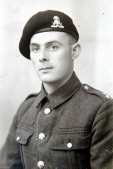
"And never for a second did I think we
would be going home. We assumed we were simply being moved further down
the coast to renew the fighting. "We lined up trucks in the water,
filled them with sandbags and then laid planks across to act as a makeshift
jetty to get the lads out into deeper water," he said.
"It wasn't too successful however, and
we got most of them away by loading the boats in the shallows then wading
out chest-deep into the sea to push them away from the beach.
"It was exhausting work, and we were
both hungry and thirsty, but we did that umpteen times." One dark
night he helped row a collapsible boat carrying a dozen men half a mile
out to sea in the hope of finding a ship to take them.
"It was back-breaking" he said.
"We hadn't a clue where we were going, but suddenly this huge black
shape materialised in front of us: a destroyer."
Now aged 84, a grandfather and great grandfather,
he recalls: "We hadn't had a square meal in days.
"I was with a Bren carrier crew in the
Fifth Battalion. We had been fighting rearguard actions across France,
and we were 30 miles outside Dunkirk when the evacuation began on May
26th.
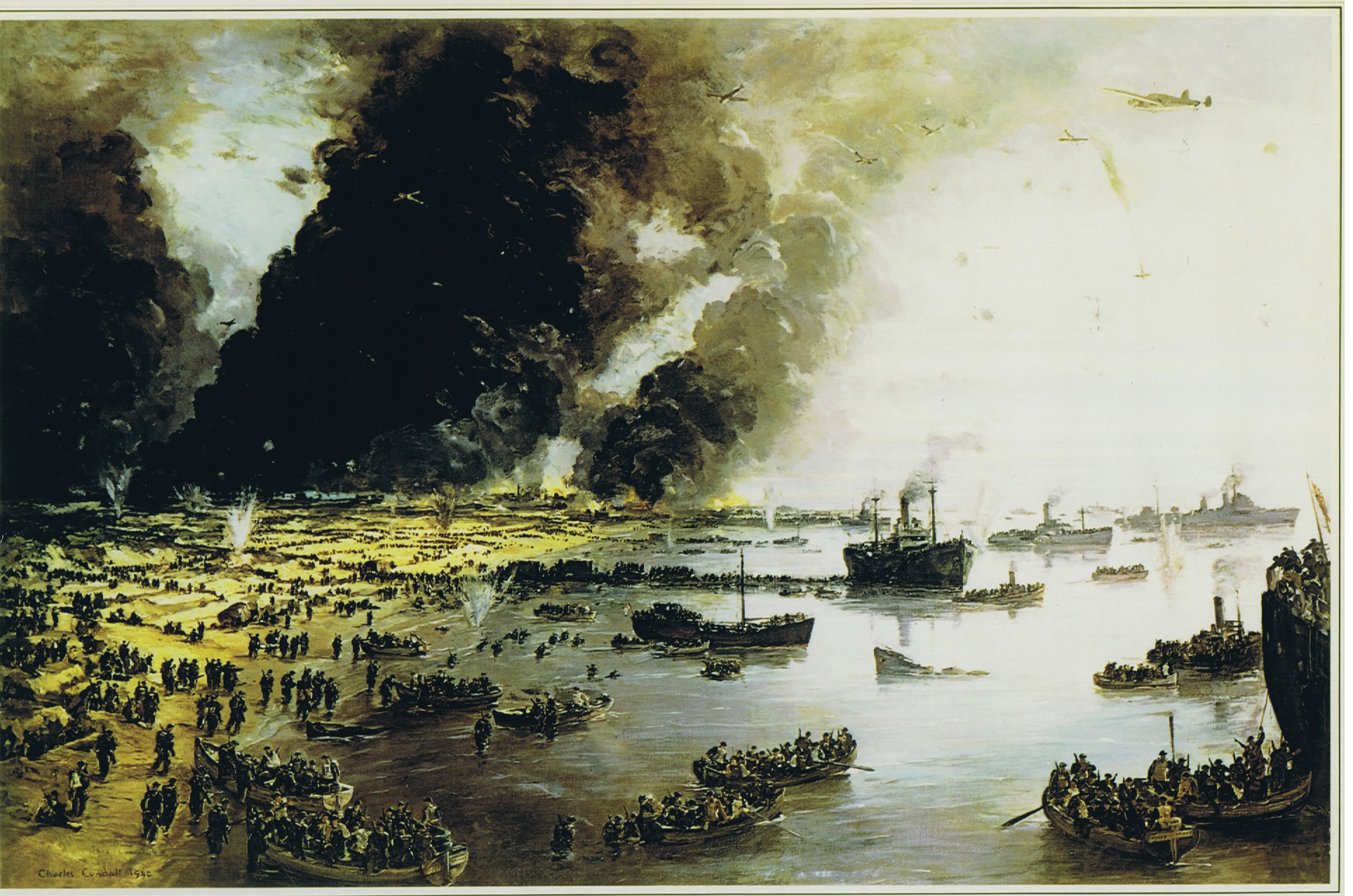
Click on Photo to enlarge it
"Our last meal had been simple cheese
and biscuits which one of the lads managed to find on a foraging mission
at a town where we stopped."
Hear Norman Talk about the Evacuation on,
http://menmedia.co.uk/manchestereveningnews/news/s/118/118675_the_victory_of_the_little_ships.html
-----------------------------------------------------------------------------
Chapter 3
Arrival in Co. Durham
June 1940
Following our return from Dunkirk and our short stay in Bristol we rejoined
the Regiment which was spread in various locations around Ushaw Moor
Co. Durham and then to Wolsingham with My Company, (HQ) in a large house
on a large estate. Harpurley Hall, with the river Wear a few hundred
yards away where some of use to a swim in the afternoon but only for
a short time as we had to move off to a new area.
The next step was to be re equipped and retrained.
My clothing was almost threadbare from our
time in France and being soaked in sea water, so a complete new set
was issued by the QM from a warehouse in Durham which we found out later
was infested with lice. Not having experienced lice before we thought
the itching was caused by the newness of the clothing and carried on
scratching.
Seventy-two hours leave was granted and a
special train lay on to the Manchester area. Early in the trip and still
suffering the itching it was quite funny to see everyone having a little
scratch. We stripped off to check but again our lack of experience led
nowhere.
When I arrived home my mother saw me having a quiet scratch and said,
have you got something on you? Of course I said no, had a meal, a good
wash and change of clothes. My mother inspected the uniform and was
shocked at the lice she found. Without further ado, she put the clothes
in a bucket and covered the lot with paraffin.
I went with Dad to the club and on our return
was invited to view the bucket of clothes which had a layer of dead
lice floating on the top. Then came the washing to remove the smell
of paraffin. When dry a lot of the colour had come out with the lice.
However, I did extend my seventy-two hours to seven days and did my
seven days "Confined to Barracks" (Jankers) as punishment.
It appeared almost everyone else had done the same.
Mid July and the next move was to Matfen Hall, Matfen, in Northumberland
on foot, Marching off at about 9-30/10pm and Marched through the night,
a distance of 38 miles with all Kit.
Matfen was a very small village with one pub and a church. Life seemed
to be dominated by Matfen Hall.
Bell Tents had been erected by the advance
party who had gone by road, and after a meal we were allowed the pleasure
of a few hours rest.
Training restarted and included practicing
rapid deployment to intercept expected German Paratroops. Coaches were
commandeered for quick movement of troops, this included embossing and
debussing in the fastest possible time.
Night Guards included "Lookouts" from the Clock Tower of the
Church. This kept us awake as the clock chimed each quarter hour and
on the hour. We helped to improve the sound by hitting the church bell
with our Rifle Butt as the Hammer came down on the Bell on the hour
stroke. That made the villagers cross with us if it happened late in
the night.
I never went into the pub, just could not
afford to. One reason was that even though we had not been paid before
and during The Evacuation from Dunkirk the "Records of Accounts",
IMPRESS had not caught up with us so we could only have the basic weekly
pay and in my case, from my pay of 14 shillings per week, I allotted
7 shillings home each week which left me with only 7 shillings (35 pence).
The Carrier Platoon moved about two miles
to Great Whittington, reputed to be the original home of Tom Wittington
or was it Dick Wittington and his cat. some of us on the floor of the,
by this time, disused small Methodist school or Chapel. Others were
in the stables of a small farm across the road and where there were
facilities to house the few vehicles we had. The chapel itself was still
used for Sunday evening Service.
On the first Sunday we heard the Organ start
playing for the Service, after a quick discussion four of us went to
join them on the back row.
We were given a warm welcome and hymn books.
It was the best decision we could have made
because apart from enjoying the service we were invited by a farmer's
family to go with them for the evening meal. On arrival at the farm
we found the large kitchen table already set out with an array of home
made farm food we had not seen in a long time. They were lovely people,
helpful and generous with an invitation for the following week…
It was not to last.
2nd August we moved to the area around Newcastle.
With the Battalion spread in Throckley, Walbottle, Newburn and Heddon
on the wall.
The Carrier Platoon was in Westerhope, a small mining village with a
pub, a club and a cinema which changed the film twice each week.
Our billet was one of a semi detached house
belonging to two brothers and a sister who had a Pie making factory
in Gateshead. Their business had actually started in the house we occupied
and a very large oven, almost up to the ceiling high, was still there.
We had rations sent from the QMs store and one or other was detailed
to be the cook but again we were lucky, because each night the brothers
would return home from the factory with a tray full of pies for us.
12th September
We moved to Northallerton in North Yorkshire under canvas.
On the first Sunday, four of us went by 15cwt truck to Newcastle station
to collect two new Bren carriers and return with them to Northallerton.
On arrival back in camp, we found the main body had already left for
the railway station to put the existing Carriers on the Railway Flats
for transporting to Newbury in Berkshire because of the threat of German
Invasion. ( The German Code word, Operation Sea Lion) .
The great Invasion Scare came then, the code
name CROMWELL was received. Within a few hours the Battalion had packed
all stores and entrained for an unknown destination.
The few of the rearguard left to close the camp gave us the message
that should we arrive back before the train departed we must go and
join the other Carriers at the railway station. If we were too late
for that, we must make our own way by road to Newbury. Someone had their
wires crossed as that message was not strictly true. But who cares,
a journey so far by road sounded fine.
The two Sgts in charge of us decided that
we would travel via Bury and Ramsbottom where most of the crew lived.
During the journey, the Ford V8 engine of one Carrier stopped and we
realised that we would have to switch over to the reserve fuel tank.
It would not start so the Sgt decided to "Prime it by putting some
petrol down the carburettor, Some petrol was spilled and the engine
caught fire, from a short from the Spark Plug, fortunately the fire
extinguishers were effective and we were soon on our way again. We arrived
in Bury early on the Monday morning and I was instructed to have a few
days at home outside Wigan and I would be picked up on Wednesday about
5pm.This was too good to miss.
They duly arrived on time , Stayed for about
an hour drinking, chatting and we gave the children rides on the Carriers.
Demonstrating the capability of both the carriers and the drivers.
We set off on our journey to Newbury complete with sandwiches and beer.
The journey was quite eventful when one carrier
ran out of fuel and the other carrier found an army depot and succeeded
in obtaining a two gallon can of petrol but the Sgt had to stay behind
as hostage until the petrol can was returned.
Air raids were encountered as we travelled through the Midlands but
nothing serious.
15th Sept 1940
On arrival on Newbury racecourse, the Sgts were called into the C.O.s
Office to give an account of what had happened. One Sgt was reduced
to Corporal and the rest of us back to normal duties.
The visit to Newbury in September was much more enjoyable than in Jan
1940 during the big freeze. Our billet was under the Grand Stand, still
on the floor. Was much more comfortable than the freezing horse boxes
we occupied on our previous visit.
Our roll was to prepare for the expected German invasion. (Operation
Sealion), so everyone was on full alert.
We spent a few happy months here until the
whole of the 42nd Division's next move in November, to East Anglia on
coastal defence with the Battalion spread out in Southwold, Walberswick,
Dunwich, Bulcamp and Halesworth. The 1/5 Battalion were in Southwold
in Suffolk where the Duke of York's Annual Camp for boys was previously
held.
Battalion HQ was at St Felix School for Young
Ladies. There were no young ladies there then of course as most of the
population had been evacuated. The QM's Stores was at Bulcamp, (In the
Workhouse) along with the Carrier Platoon. The Rifle Companies were
based along the coast at Southwold, Walberswick and Dunwich.
This was an ideal situation for the Carrier
Platoon who at night time was responsible for Guard Duties. The cookhouse
acted as Guard Room and it was next to the QM's Store so it was an easy
matter to break into the QM's store to get extra rations during the
night and have a Fry Up between spells on guard. (Two hours on, four
hours off.)
All our moves were for Home or Coastal Defence
so it was always important to be at state of alert and ready to move
at a moments notice.
In all cases the beaches were mined and barbed
wire entanglements in place except for designated places left clear
for access.
We stayed there until the End of February 1941 then moved to Roman Way
Camp near Colchester. This was well equipped with new wooden huts built
originally for the Militia in 1939.
It had a very large Square for Parades and garages around the perimeter
where we were able to do maintenance on the carriers and trucks.
In May 1941 we moved again, this time to Clacton
on Sea in Essex. Again on Coastal Defence. The night before we arrived
there was a heavy air raid but everywhere was fairly peaceful during
our stay.
The Billets were very good .Most of the troops were in evacuated Boarding
Houses on the sea front.
Commandeered by the Army
The Carrier platoon billeted in a house which had been evacuated. A
large civilian garage was also vacant so was used for the Bren Carriers.
For PT one morning, someone had the bright idea of going into the sea
for a swim, after all it was May.
We wended our way through the gaps in the barbed wire defences onto
the sands and all made a dash into the sea. We came out faster than
we went in. It was ice cold so we returned to the billet quickly to
get warmed up. Back to PT.
It wasn't to last, in June 1941 after only
a month there the Battalion moved to a place called " Duke's Ride"
,near Thetford, Norfolk. We were under canvas over a dry pit about three
feet deep, in a large forest. miles from anywhere. This was another
of those out of the way places that the army were good at finding.
The weather was very hot and dry; everything
was covered in a thick layer of dust. It was an ideal training area
and we worked very hard but that dust was everywhere,. Yet there was
one respite. Each morning a number of Land Army Girls from a Hostel
a few miles away would pass the camp in trucks on their way to farms
or forestry duties. As they came by they started throwing things at
the troops who in turn would make sure they got them back the following
day. That broke the monotony a little.
But with the Carrier Platoon we could usually
find an excuse to break the monotony by taking the carriers out for
driving instruction of non drivers.
One Friday afternoon while driving along,
two Land Army Girls were on the roadside trying to hitch a ride to Bury
St Edmunds railway station. Of course it was not allowed but after a
short discussion and a bit of pleading from the girls we agreed. After
about two miles we were overtaken by a vehicle which stopped in front
of us and woe and behold, out stepped the Adjutant from our own Unit
on his way to the station, going on a weekend leave.
He ordered the girls out and gave us a severe
talking to with the promise we would hear more. We were up for "Orders"
on the Tuesday morning
This is where the fun comes in. In the army they have this rule that
in the absence of an NCO, the Senior Soldier takes responsibility.
Fortunately for me as the driver and in control
of the Carrier the same with the other carrier driver we each had a
longer serving soldier who each had served in the TA, and were deemed
responsible for allowing civilians to be carried without permission.
We argued this, knowing it was a bit unfair and saying we thought that
being Land Army, they were classed the same as us but that excuse did
not wash so two trainee drivers under instruction received seven days
each, confined to camp. It was really a most unfair decision but it
did have its funny side. One of them, Jimmy Dentith nearly cried. It
was his first offence. Until that time he had had a clean record.
Even in the worst situation troops always
make the best of it and find something to keep them amused and the mind
occupied.
It was not long before we were on the move
again .We stayed until July before going to Long Melford and Sudbury
in Suffolk where we celebrated "Minden Day"1941.
This move coincided with the War Weapons Week in Sudbury where funds
were being raised for the war effort. We enjoyed the week giving help
and support and lots of rides on the Carriers for the locals. This was
very much appreciated by everyone. Especially the children.
At the end of August 1941 we moved to Colchester
again, this time to Le Cateau Barracks. Wherever the troops go, training
continues but in the barracks an additional stint was Fire Drill with
the barracks own fire fighting equipment. This was a nice change and
something else to learn about and of course it was always easy to make
sure the hose slipped and gave someone a soaking. All taken in good
part.
Between these dates I attended an advanced
course in Leeds on the latest Tanks, this was for only two weeks but
was followed shortly afterwards by a few weeks course in Eastern Command
REME Workshops. The Instructors decided that my engineering skills and
knowledge could be put to better use and made me an Instructor for the
rest of my time with them.
Before leaving them to return to my Unit
I was asked if I would transfer to REME. and backed that up with a letter
to my Unit to that effect. I said I would consider it.
On my return, I was called into the Office
and pointed out to me the advantages of staying with my Unit and the
increase in pay I could expect as we changed over completely to a Tank
Regiment. I agreed to stay. I realised later that promotion would have
been higher and quicker in REME but I had not realised that at the time.
I had made my choice and I don't regret it because I stayed with comrades
I knew and the later training was valuable in my civilian work after
coming out of the Army..
It was at this time, October 1941 that the
War Office decided that the 42nd Infantry Division of which we were
a part, would be changed over to an Armoured Division.
Training for this began by selecting personnel
for the various new roles. Such as tank driver /mechanics. Wireless
Operator/Gunners etc. Everyone had to be reclassified under all the
different headings and jobs to which they were most suited. Each man
had to be skilled in more than one job.
Anyone not happy with the new role were given
the opportunity to stay as Infantry but join other Regiments or where
possible go to one of their Regiment's other Battalions.
I was quite happy and looking forward to the change. Some men were sent
down to Bovington and Lulworth, some to Farnborough, places which were
established Schools for armoured fighting vehicle training.
I was selected to go to Martin Walters of
Folkestone. International Coach Builders and Motor Engineers for three
and a half months on a Vehicle Mechanics Course along with another man,
Ernie Ramsbottom from Heywood, who was from the Transport Section and
me from the Bren Carrier Platoon?
We were given rations and travel warrants
and travelled down from Colchester, through London threading our way
through loads of fire brigade hose pipe,carrying all our equipment as
bombing had taken its toll. Then by Southern Railway to the home of
Mrs Reynolds of 64 Morehall Avenue in Folkestone. Mr and Mrs Reynolds
were nice people with a son in the RAF and a daughter; a nurse in Canterbury,
then Betty who was the youngest and worked in the local grocer's shop.
Perhaps by working in the local shop a few extras would become available.
We met up with men from other Units of the Division who made up the
small class numbers.
This was almost home from home, working at
Martin Walters during the day and doing lots of homework at night ready
for the following day.
But it was very valuable learning from experts. Some of them were Professors
in the chosen subjects.
It was very rewarding training which would be useful later in life.
Occasionally we would go to the cinema and
call at a café for supper afterwards. Being in a vulnerable area,
the café's seemed to have more rations available than some places
we had served in.
Small Sprats from the local fishermen came
up regularly in Mrs Reynolds household as did a Hare or half a Hare.
On those occasions it was important to be aware of lead pellets in the
flesh; there would be a little pile of these on the edge of each plate.
Lunch was taken in the Martin Walter's canteen
and was free to us.
Sometimes at weekends we would do our turn
at Fire Watch against air raids plus if one of the workers wanted to
miss their turn at fire watching they would offer us about five shillings
which to us was a good pick up.
The works closed for Xmas so I was able to
go home for a few days after which it was back to work.
Eventually the three and a half months training finished we returned
to our Units, our reports and results sent to the Units separately.
By this time our Unit had moved to Barnard
Castle Co. Durham so that was our destination.
This was a new camp of wooden huts, still under construction with mud
everywhere, but this is where we would try out our new found skills.
On the moors was the Battle Training Area where live ammunition was
used. It added a bit more excitement into training.
I had only spent about three weeks there with
the Unit and of that I had 10 days leave due. On my return from Leave,
I learned that because of the excellent results I had received from
Martin Walters of Folkestone I was to go to Tom Garners, Motor Engineers
of Manchester, but we were based at Knott Mill in the Deansgate area.
This was an Upgrading Course and would last Eight Weeks.
This was an opportunity not to be missed
We were billeted in a house in Raby Street,
Moss Side in Manchester and even though meals etc were provided by the
owner we had Sergeant Mathias in charge to keep everything up to army
standards and Discipline and of course to march us to the works each
morning.
After four weeks and complaints about the food we moved to Acker Street
not far from Manchester Royal Infirmary where Actors appearing at theatres
in Manchester would stay. Here the food was much better.
We made many new friends among the other trainees and one, Dennis, and
I went out on the Saturday night to Belle Vue Speedway and afterwards
around the other leisure areas including the dance hall. I was not a
dancer but Dennis being a typical cockney soon made himself known to
two girls, Elizabeth and Edna with whom we struck up a friendship.
As the buses were not always reliable and
it was late, Dennis, being the hero of the hour volunteered that we
would walk with them from Belle Vie to Rochdale Road so they could catch
the all night bus service to Middleton. This we did, saw them safely
onto the no17 bus and then made the long journey back to Moss Side and
our Billets.
We arranged to meet and go to the pictures
on the Tuesday night in Manchester. Elizabeth and I carried on the relationship
and a year later we were married. The best decision I ever made, thanks
to Dennis who was probably more outgoing than me.
I never met him again after the end of the training.
Our Love and our marriage and the happiness we share have stood the
test of time including by celebrating our Diamond Wedding.
We were very fortunate that no serious accidents
occurred during this period where men were learning to drive tanks.
Not that it was all trouble free. The road from camp to the village
of Staindrop was a good long stretch and many learned to drive there.
One tank had the misfortune to veer off the road at one point and went
straight into one of about four houses which were luckily unoccupied
at the time. A few days later and another learner driver did the same,
fortunately without casualties.
The 125 Brigade of 42nd Infantry Division
now became the 108 RAC. of 10th Independent Armoured Brigade of 42nd
Division.
Now it was time for another move, this time to Rufford Abbey, Edwinstowe,
Near Worksop, and Nottinghamshire. Of course this was Robin Hood country
with the "Major Oak Tree " that would easily hold two or three
men.
An area known as The Dukeries, consisting
of Welbeck Abbey, Rufford Abbey and Thoresby Hall, a lovely area where
during that summer in addition to our army duties we were called upon
to help out the local farmers harvest the Flax which had to be cut by
using scythes etc.
After training so many troops into tank crews
the War Office decided that 108 RAC and 10th Independent Armoured Brigade
were now longer required. After Hundreds of men had been trained and
sent abroad to join various armoured regiments the Brigade was to be
disbanded. This was a sad blow for everyone but the decision could not
be changed.
The 10th Armoured Brigade went up to North
Yorkshire to be disbanded. This took some time The 108 Regiment RAC
was stationed at Wensleydale and Middleham,
near Leyburn.All the equipment was handed over and postings instructions
were issued to everyone
Embarkation Leave was granted and on return and along with many others
went by train to Glasgow for the move abroad…
This took some time and the remaining troops posted abroad.
But first all the vehicles, tanks trucks, stores etc. had to be handed
over to various depots.
We boarded the ship whose name I don't remember
and sailed out past Northern Ireland in convoy into the Atlantic, zigzagging
our way south. The sea was rough; some men were out of circulation for
several days. That didn't matter to the rest of because we got their
rations as well as our own.
We saw a few depth charges being discharged into the sea and the explosions
that followed.
Eventually we turned east into the Mediterranean
Sea and docked at the Port of Algiers then south to the dirty, dusty,
little town of BLIDA.
Under canvas once again.
After a short stay there, we went to the outskirts
of Algiers for a few days before boarding a train which had no windows;
the seats were just wooden slats. From the outside.apart from the lack
of windows we looked quite normal.
This was quite a long journey with frequent
stops for the engine to fill up with water etc… At each stop a
crowd of tribes people would come charging from the hilly areas begging
for whatever we could give them.
These people were obviously very poor, their
clothes were just rags really and the food must have been very scarce.
The strange thing was that they all knew the words biscuit and cigarette.
When the train set off again they would disperse.
We travelled through many tunnels and the
smoke from the engine filled the carriages so that we were gasping for
breath and glad to reach fresh air again.
We eventually arrived at our destination which
was the dirty little village of
El Guerra about thirty miles from Constantine.
Apart from the police station and several houses, most of the rest of
the inhabitants lived in huts made from any bits and pieces they could
find including old tins, opened out to cover the roof. Some had bits
of rag or hessian covering the roof which was only about feet high.
Or less.
We had search lights in watch towers to assist
us on guard duty against the thieves who prowled at night time. Thieves
who could take your blankets while you slept leaving you to waken up
shivering and wondering what had happened.
Away from the camp entrance but on the pavement
was a man with a mobile charcoal burner cooking Kebabs. The meat on
the skewers was really an apology for meet, something the average person
wouldn't look twice at. To walk past it meant a step into the road and
at that moment a battered old car came passed and hit a soldier, knocked
him to the ground leaving him with a deep wound to the side of his head.
The car didn't stop so we returned the man to camp for treatment. He
went to hospital and we never saw him again.
Training never stops of course and in my case
I attended a Course on the General Motors Two Stroke Diesel engines
as fitted in the Sherman Tank. These diesel engines replaced the original
petrol engines which were so prone to catching fire. The Course lasted
eight weeks and was equal to a City & Guilds qualification. As with
other Courses I passed with flying colours.
The knowledge gained was so valuable and so necessary in a Tank Regiment.
The camp was close to the Atlas Mountains
and the weather was atrocious with snow at night melting during the
day and making the ground into a quagmire, so much so that in the whole
of the war years it was the only time we ever received a Rum ration
and had a spare pair of boots issued. One pair worn while the other
pair was drying around a slow combustion stove made from a 40 gallon
oil drum and burning wood from trees which had been cut down by the
troops.. This was housed in a special wooden hut.
It was also the only place that a supper was
available to combat the cold and damp. This was always cheese melted
into a liquid and a thick slice of bread to dip in it.
The lumberjack team was a Fatigue Party, detailed each morning for the
Job.
Mid morning we were issued with half a large cup of delicious Dates
which were very welcome.
Our camp was part of a larger one with one
part for British and the other for Canadians and they too had their
own Tanks and parking area. .
Each week a ration of two bottles of Canadian beer arrived, The Canadians
had a similar ration and would come offering to buy ours at a good price.
Quite a few did sell.
The Order came for a move to Italy, one we
were looking forward to and we watched the Eruption of Mount Vesuvius
spewing out flames and red hot ash, then onward through Caserta (a US
Main Depot,) Avelino, Benevanto etc and ended up in the Apennines.
Our equipment had gone astray including blankets
etc, so we were each given a two man Bivouac which appeared to be made
of rigid sail, cloth to keep out the freezing cold but they were almost
useless.without our blankets.
What a terribly cold night it was, Needless to say, we were up most
of the night walking and jumping about trying to keep warm.
The following day our kit was located and returned to us.
Volunteers were called for to assist in the cookhouse. This was one
job not to be missed, with the possibility of getting extra rations.
I found that food was available and in reasonable quantities but up
to that time was being ruined by over cooking and lack of care on the
part of the cook.
In spite of the fact that we were so isolated, poor ragged Italians
came at meal times begging for food and even when the troops had thrown
any scraps into the 40 gallon waste bin there was a scramble by the
Italians to retrieve it and where possible intercept it before it dropped
in the bin. Then we realised their plight and handed it to them.
Soon we were on our way down to lower ground where it was much warmer.
We set up camp where we became a Reinforcement Unit with three tanks
with Captain Riley of 3rd The Kings Own Hussars in Command and me as
his tank driver.
Our roll was to replace casualties in the Regiment and prepare for the
attack at Cassino. We watched the bombers doing their part but our roll
was to await the Breakout from Cassino and continue the assault from
Cassino and through the Leri Valley towards Rome but there was much
fighting to be done before reaching Rome.
.
. The only practical approach to the city was via the Liri Valley but
that road was still blocked by the town of Monte Cassino with the Benedictine
Monastery on top. This was known as the Gustav Line. A great defensive
position for the Germans to see everything for miles around.
The Allies had tried three times in terrible weather, during the first
three months of 1944 to break through the Gustav Line without success
but with heavy losses in manpower.
Behind Monte Cassino was the Adolph Hitler
line constructed across the Liri valley. Behind that the Allies had
made a landing at Anzio.
On May 11 the Allies began the final phase of the battle for Rome By
the 18th May the town of Cassino had been cleared of the enemy and the
Poles had raised their Flag on the ruins of the monastery.
The 3rd Hussars went into action at Coldragone
Wood Nr Arce
It was here we had our first casualties on the approach march from Cassino
when HQ Reconnaissance Tank was blown upside down on hidden pile of
Teller Mines. The crew of four were killed and Col. Farquar was badly
burned when he tried to drag their bodies from the blazing tank.Another
officer Lt Ashworth was wounded when he put his hand on a pencil mine.
During the next two days the 3rd KOH were
ordered acoss the Liri river to join the 78th Division near Ceprano.
More than 100 Germans were killed and twenty-six taken prisoner for
the loss of one Infantry man
4th June. Rome fell and two days later we drove through the eastern
suburbs on our advance north. It was disappointing not being allowed
to stop in the city.
News came through on the 6th on the Allied landing in Normandy.
The enemy retreated until third week of June
when they made a stand about 100 miles north of Rome east and west near
Lake Trasimino.
Battles were fought at Civita Castellana,
Gallesi Castiglioni, and Orvieto which was only twenty miles south of
Lake Trasimino where Kesselring had rallied his forces. The resistance
was much tougher, the opponents were the Elite German Paratroops who
had orders to hold the line at all costs.
Progress was slow due to the numerous craters and concrete road blocks
covered by concealed anti tank guns and Bazookas. Ficule was taken on
15th. Capt Riley, I had been his driver, was killed while leading the
advance north of the village and at Montelenone on the 16th, two tanks
were "Brewed Up" by Bazookas but no further casualties.
We reached Citta dalla Pieve at dusk on 16th June but it was too late
to attack so pulled back to laager, leaving the East Surrey Regt to
keep watch.
9th Armoured Brigade Headquarters were confident that the defenders,
reported to be a Battalion and a Half of German paratroops would withdraw
during the night and one squadron would support an attack by East Surreys
at first light.
But far from withdrawing the enemy were strongly reinforced. "A"
squadron paid a heavy price for this misfortune.
We started off up the road and met only small
arms and mortor fire but as soon as we entered the narrow streets of
the town, hidden anti tank guns and bazookas opened up from every side.
The Hussars Tanks fought back as best they could in the confined space,
but lost four tanks with five men killed and ten wounded before the
Royal Wiltshire Yeomanry were sent to take over..
From this action where much bravery was shown
there, where awards were made.
P l Jarmaine of "A" Squadron was mentioned in despatches after
taking care of the wounded and hiding wounded comrades in the basement
of a house for two nights and a day.
Later on 16th the Regiment was withdrawn five
miles, back to the village of Santa Maria and visited by the Divisional
Commander Mjr, Gen Keightly.Here he consoled them for their losses and
praised them for the confidence and inspiration they had inspired in
the infantry battalions of the 78th Division to whom they had shown
they had the gallantry and dash to defeat the enemy at every turn.
We rested up at Santa Maria during forty-eight
hours of constant rain.
For their part in fighting the German paratroops from Orvieto to Citta
Della Pieve, the 3rd Hussars were awarded their first battle honour
of the Italian campaign.
The next action, at Ripa Ridge, a few miles
east of Perugia, was equally deserving more battle honours, for it was
there that great courage was shown but it was also a feat of tactics
that was reported to be unique in Armoured Corps history.
Ripa Ridge, five miles long and rising to 1,000 feet, marks the beginning
of the rugged, mountainous country between the river Tiber and Chiasco
river.
From the top and its steep slopes to the north,
the Germans, heavily dug in, cotrolled the approaches to the main road
running along the left bank of the Tiber to Umbertide.
Opposite them was the 17th Infantry Brigade of the 8th Indian Division,
who on 18th June began a series of sharp actions that secured Ripa but
failed to drive the Germans from the higher ground beyond .Even the
gallant Ghurkhas had to fall back due to the fierce artillery fire and
the Brigade's casualties were heavy.
That was the situation on 22nd June when the 3rd Hussars and The Chestnut
troop of RHA, after fording the river in darkness with tanks and guns,
joined the 17th Brigade to support another attempt to open up the Umbertide
road.
The key was to advance and attack a steep
hill, point 450 on the right front which the Regiments predecessors,the
North Irish Horse had failed to do and said it was a tank obstacle and
impossible to ascend.
Sir Peter Farquar,CO 3rd Hussars was more confident. After flying over
the ground in a Spotter plane with Mjr Bell of "B" Squadron
he was sure the tanks could find a way up
The 8th Indian Division were reluctant to
risk further casualties so the Corps Commander agreed to allow the 3rd
to make the raid alone, supported by the Divisional Artillery to draw
the enemy fire and gain information
It was a great success. As "A" Squadron
was moving forward under a bombardment .The Germans were taken by complete
surprise and withdrew in disorder, believing their line was broken and
they were almost surrounded..The enemy were pushed back five miles at
no cost except for a random shell which landed in "C" Squadron
B Echelon area, and sadly killed SQMS Dixon.and Cpl Sellars and wounded
four other men.
The 3rd counted their bag; 11 guns and many
vehicles destroyed, three bazookas and one Field gun and Field kitchen
captured, at least one hundred Germans killed and sixty taken prisoner.
More Italy and beyond
Later, as we were moving forward and we were ambushed and came under
heavy fire, George Needham driving the three ton B Echelon Truck with
Sgt Parsons along side him in the Cab and L/Cpl Dixon and me sitting
at the front of the bodywork with the Tarpaulin Cover tied back to get
a free flow of air through. Dixon was on the left, me on the right,
chatting and enjoying the fresh air and sunshine as the short, sharp
attack started. And all hell let loose.
Dixon was hit on the side of his head with
a lump of shrapnel. George worked frantically to drive the truck out
of trouble as I dressed Dixon's wounds . We cleared the area and took
Dixon to a Casualty Clearing Station (CCS) we had passed earlier, from
there he would be taken hospital. I don't know if he survived.
We continued forward through many hazards and always prepared for the
worst.
We fought our way North to Florence but further progress was halted
as Winter approached and the winding, rising roads were similar to going
over the Alps so were not considered suitable for tank
warfare at that time . Instead we were moved over to the Adriatic. side
We had received an allotment of Valentine
Amphibious Tanks. These were only three men Crew. Driver, Wireless Operator
/Gunner and Tank Commander. We Trained in these on Lake Bracciano with
very tight security for an intended assault across the wide stretch
of the river PO on the Adriatic Front.
with Headquarters Squadron in Senigalia with "A" Squadron,
my Squadron in Brunetto.
One night during the training where we were
to make a landing on the other side of the large lake, The
Vertical air tubes which supported canvas surround which enabled the
tank to float, had to be inflated. and steel strips fell into place
and locked in position. This took approximately four and a half minutes.
On reaching the landing zone the canvas supports
were deflated, this only took about four seconds.
Unfortunately, half way across the lake, the canvas of one tank somehow
deflated, the driver and wireless operator were trapped as the tank
sank in seconds, never to be seen again and it was assumed it was in
volcanic ash as the Lake was the result of a Volcanic Eruption from
hundreds of years before.
Each tank was fitted with a Bouy which remained on the surface in such
accidents. It was said it was too deep for divers and In daylight a
Spotter Plane flew over but could not see anything. Such bad luck.
A few days later, the two black and bloated bodies surfaced. These were
buried at the lake side.
I
In time for Christmas. I was now a Corporal and,in a Three Ton truck,
I went with two Troopers and Lt Thawnton in Charge to lay signs to act
as decoys in the Faenza and Forli areas south of Bologna, to give the
impression that a large Force was being assembled for an assault on
the German Lines. We drew enough Rations from the area QMs Stores which
had some Italians employed there to make it all real .
Then came the news that men who had served
four years abroad were being sent home on the Python and Liap scheme.
(Leave in addition to Python).
As the 3rd Hussars had been in the Middle East since August 1940 and
there were up to Seventy in number. involved It meant the Regiment would
have to be reinforced from other Regiments. and retrained.
This was completed but we did not get the
chance to continue, instead we left our comrades who were going home
and went South by road to Taranto in the foot of Italy. From Italy,
next stop the Middle East.
We travelled by road from Senegal on the Adriatic Coast down to Taranto
,the foot and after a few days in a filthy Transit Camp, boarded a ship
to Port Said, Egypt, and then across the Suez Canal and the Sanai desert
stopping at Gaza Station to fill the engine' water tank before going
to a Camp at Adloun, about eight miles south of the Capital, Beirut.
Our New Roll was Internal Security. This was to include Syria and later
Palestine.
This was peaceful and a nice change. It was right by the sea and after
daily duties we were able swim in warm calm waters. and visit Beirut
regularly by truck. During the day we visited various reported sites
that drugs were being shipped. We never found any.
We held Manoeuvres' with the Indian Brigade tanks on the Syrian Desert.
It was at this time that the uprising by the
Syrians against the French started and we moved to various places to
intervene. We made camp at Jebel Maazar a few miles from Damascus when
the Signal Sergeant fell sick with suspected Meningitis and went to
hospital We were placed in quarantine for ten days.
During this time a plague of Locusts descended . The sky was black with
them for miles . Even though we were in the middle of them, they ignored
us and stripped all the available greenery before disappearing in that
same black cloud to find new ground.. Peace at last.
It didn't last, the fighting between the French and Syrians had spread
to Damascus and the quarantine was forgotten as we received orders ordered
to intervene.
Damascus was shelled from two French Forts and strong points in the
hills bordering Lebanon. As well as the army barracks in Damascus and
the shopping area of Straight Street and a Red Cross Train at the back
of the Station burned out, the damage in other places was also substantial.
However, we restored order and the area declared
safe. Time for a Brew. As the water in the billycan T started to boil,
I bent down to switch off and drop the tea in and as I did so, a machine
gun opened up from the area of the barracks and missed my head by inches
if I had been standing, my head would have disappeared.
Back to Action Stations.
Eventually, all was declared safe. On entering
the Barracks, the first thing to attract my attention was the body of
a Syrian Soldier, just placed on a handcart with the side of his head
blown wide open but there was a Pulse beating away inside. There was
nothing we could do for him.
General Sir Bernard Paget, CIC Middle East Forces addressed us from
the railway station steps and congratulated us for a job well done.
A few well-wishers brought us bottles of "Liberation Beer".
The Prison had been hit and all the inmates escaped, it was reported
that some were sheltering in a village in the hills.
The following morning I along with two others plus an interpreter went
by an open top armoured car to investigate.
On approaching the village, we met guards
armed with knives swords and other weapons .Eyes everywhere following
our every movement. We gave them a friendly greeting and proceeded into
the village where everyone seemed to have a weapon.
Again, we greeted them with smiles and after a talk via the interpreter
and not disclosing our mission we wished them well and left. Discretion.
Then back to Camp.
From there to HAMA and the Bug ridden army
barracks vacated by the French Army.
Here we dowsed everything with paraffin and watched the Bugs die.
By now the French Army and their families
which had retired to their headquarters in Allepo, near the Turkish
Border was ready to leave Syria and the K D Gs (King's Dragoon Guards
escorted them to North of Hama and handed them over to us to continue
the journey to Tripoli, passing through the Town of Homs. I was at the
rear in the Fitters truck with the driver two Fitters and tools in the
back to take care of any problems including breakdowns of the French
trucks which were in a bad state through lack of maintenance.
Here, unknown to us, the Syrians had prepared large piles of stones
Our Convoy was supported and lead by our Staghound Armoured Cars and
an Ambulance.
The French trucks came under violent attack
with the stones. Including ourselves Some drivers were badly injured
the one in front of us very much so.. His hands were so badly damaged
that he was unable to turn the steering wheel to turn onto the Tripoli
Road and drove straight into the railway station goods yard followed
by an Armed Baying mob. We radioed to our Convoy for help and held the
mob at bay until two Armoured Cars and the ambulance came to our assistance
and dispersed the crowd.
This Operation was to last several days so
it was important that there was no repeat.
An inquiry at high level was held during which I explained what happened
and each day from then on Soldiers of the Indian Brigade were placed
along the edge of the pavement in Homs for security of the Convoy.
Later as problems with the Jews got worse
we went into the Sarafand Garrison in Palestine.
As my time for Demob was approaching I was attached to Palestine Railway
workshops for a few weeks working on the Engines and then with others
took them onto the main railway track for testing.
Back to the Regiment then I went to Egypt
to the Mitoqra College in Cairo for four weeks to prepare me for life
as a civilian again. Before going back to my Regiment in Palestine.
My time came to leave Palestine, the Regiment was staying to finish
the job there so instead of returning to the UK with my Unit I travelled
solo but later joined up with members from other Units who were also
coming home for Demob.
First by train from Sarafand Garrison across the Sinai desert again
and across the Suez Canal to the Transit Camp at Tel El Kabir in Egypt
.
After about a week or ten days moved via Ismailia
on the West Bank of the Nile to Port Said.
This was not a happy journey for those who had left their bags in the
corridors at the end of the Coaches expecting them to be safe.
We were due for a stop at Ismailia Station
for food.
A breakdown in communications meant there was no food or drink so after
some delay, the train set off slowly out of the station and as it did
so, swarms of locals jumped onto the train and offloaded Kit Bags and
Suit cases before jumping off the train as it gathered speed leaving
no time for the unfortunate ones to recover their belongings and so,
souvenirs collected for loved ones were lost.
We had been issued with a booklet, "The
Way Back". It described the changes in conditions at various stages
of the journey back to England.
On arrival at Port Said, we boarded the Liberty
Ship "Empire Battleaxe" which was not the most comfortable
with three tier bunk beds for Ors and Senior NCOs better accommodation.
After leaving Port Said the weather on the Mediterranean soon started
to deteriorate and due to the pitching and rolling many were very sea
sick . So much so that many never got out of their bunk. Our speed was
down to four knots and we were forced to pull in at Malta due to leaking
steam boiler needing repair.
Down in the bowels of the ship there were iron gates leading to the
prison cells . They were empty of course but because of the bad weather
the gates were clanging as they opened and shut with the Pitching of
the ship.
As a Sergeant, I had free movement over all
the ship and supervised a fatigue party of 12 men to sweep and clean
the decks morning and evening and prevent men going to the Prow of the
ship because of the danger as huge waves crashed over.
The weather had been terrible for the whole of the voyage. Everyone
was ordered to go to the Stern
As waves cascaded over the deck. The ship was rising and falling with
the propeller almost out of the water with the rise and fall. as well
as rolling side to side.
With the boiler repaired we set sail again,
still with the rough sea and sea sickness still very bad for some.
I was not seasick but suffered bad head aches.
We arrived at Toulon in the South of France where we boarded a train
for the long overland journey to Dieppe. During the journey, we stopped
at various stations where meals were awaiting us served by army personnel
This was a welcome respite from the slatted wooden seats of the carriages.
At this time, we started to change from tropical wear to warmer clothes
exactly as described in the booklet, "The Way Back".
On arrival at Dieppe we boarded a cross Channel
Ferry. The sea was as calm as a mill pond.
On arrival at Newhaven, Customs Officers were waiting to check our luggage
etc. We were a bit shocked at this reception but most of us were allowed
through without a problem but an Officer was called over to open his
Suitcase. I didn't see him again.
From Newhaven by train to Aldershot for the
formalities of Demob. Here it was found that our Demob Books and general
paper work had gone astray so we were delayed for a further forty-eight
hours. Before proceeding with the formalities.
Then off to the clothing Centre for an issue
of clothing. Suit, Raincoat or Overcoat, Socks Shoes etc.
Some items were out of stock and would be sent later by parcel post
when available..
All this was put into the cardboard box to be carried home.
Change into Winter clothing. Woollen Vest
and Long Johns and we certainly needed them, the weather at the end
of February 1946 was bitterly cold and more so after my time in the
warm climate of the Mediterranean and the Middle East.
With my travel warrant to Manchester. Piccadilly
Station, here I come. I arrived at about 7-30 pm. Across Manchester
for a bus to Middleton.
No phones available in those days.
However, we were together, my wife and my daughter Norma and my life
as a civilian was about to be restarted.
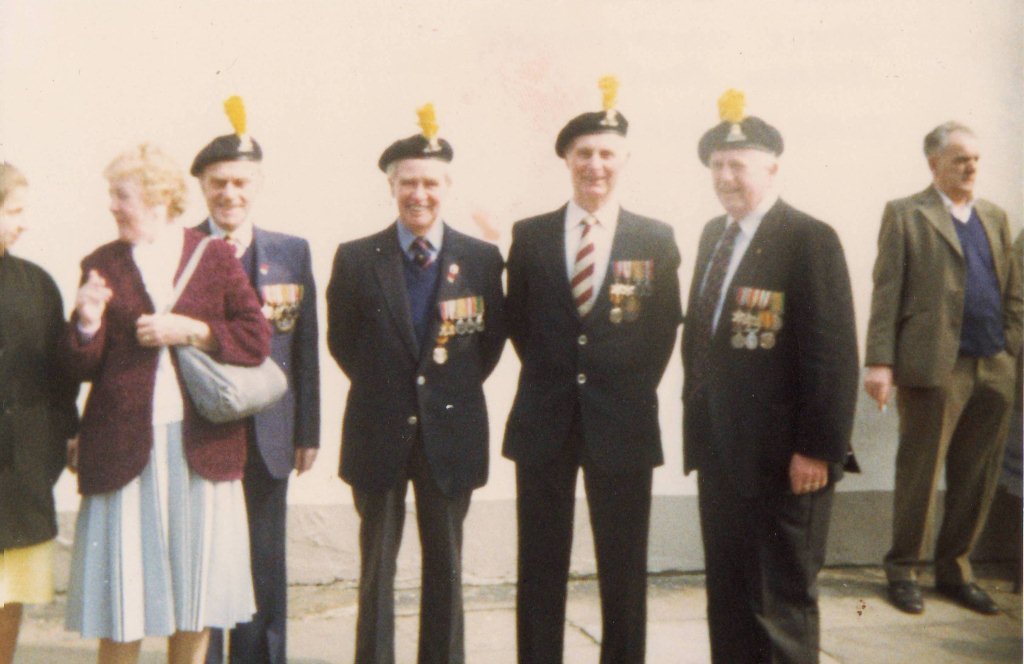
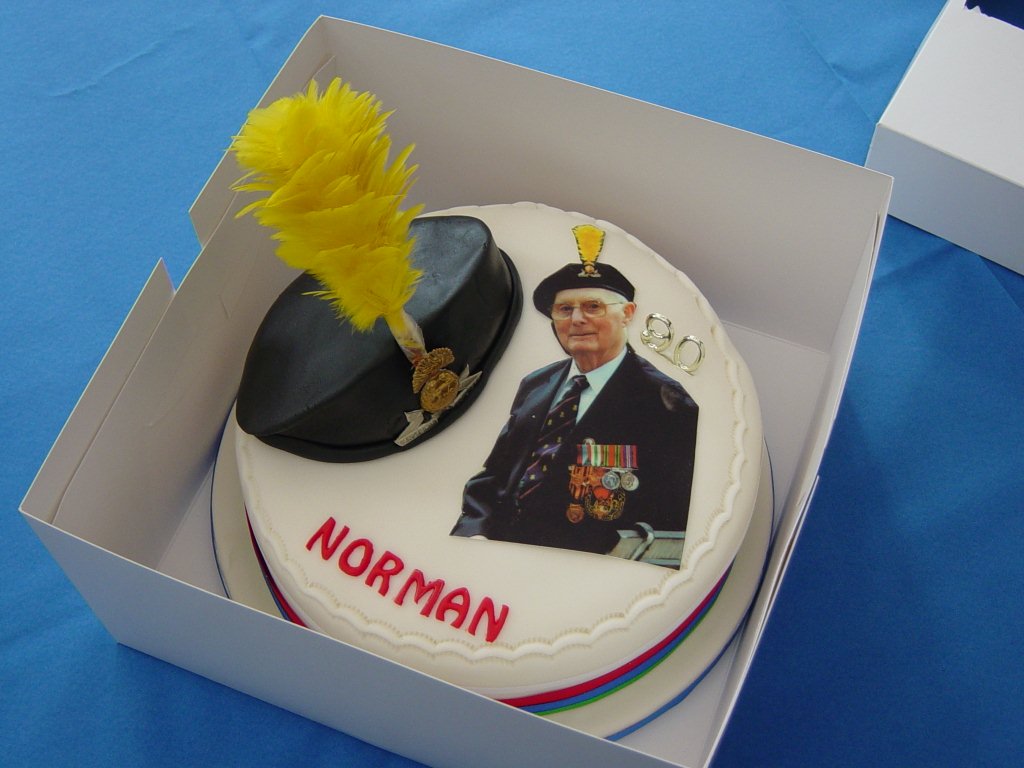
Keep Their Memory Green
Over seventy years ago in the last days of
May and in early June 1940 --------
The British Expeditionary Force was by The Grace of Providence, and
by Stout Hearts, saved from annihilation and brought home, through Dunkirk,
to fight another day.
The Victories won by our Arms in the years that followed that great
deliverance have made men forget those Soldiers. The first of the many;
upon whom it fell to withstand the shock of Hitler's great attack. It
is fitting that these men and their Commander in Chief, Lord Gort, should
be worthily remembered and their story fully told from those first landings
in France in the autumn of 1939 until the climax of Dunkirk.
This is a moving story of courage and devotion
to duty, in the face of odds which no other British Force has ever been
called upon to face.
It is chivalrous to admire a gallant enemy and of that chivalry we have
seen much.
Justice demands that the courage and devotion of our own fighting men
be no less clearly recognised. There were no medals for The BEF, today,
hardly the "Laurels" of memory.
Children will play this summer on the beaches which saw the last triumphant
agony of a Gallant Force.
God Keep Their Memory Green
In the fields of Flanders, at Dunkirk and
elsewhere in the quiet countryside of France, now again peaceful and
free, lie those of our Comrades who did not return from that forgotten
campaign. Beside them are the graves of the men of an earlier BEF who
made the same sacrifice so few years before, facing the same enemy.
The sons were not unworthy of their fathers or those of other British
Soldiers who have given their blood to the thirsty soil of Flanders
throughout our history.
To them, the weapons we brought to France over sixty years ago, inadequate
though they were, would have seemed formidable indeed, but they would
have recognised the men who carried them.
It has become fashionable to site that chivalry is dead, yet the men
who went to France in 1939 were as much the Flower of our chivalry as
their forefathers who followed King Henry to Agincourt.
Although humdrum Divisional Symbols took the place of Pennants and Bannerettes
and Bren Gunners and Riflemen replaced Bowmen and Pikemen of England,
the British Expeditionary Force knew none the less, that they were the
first to be entrusted by their Country with a great enterprise and they
were proud in the knowledge,
They did not betray that trust.
God Keep Their Memory Green

